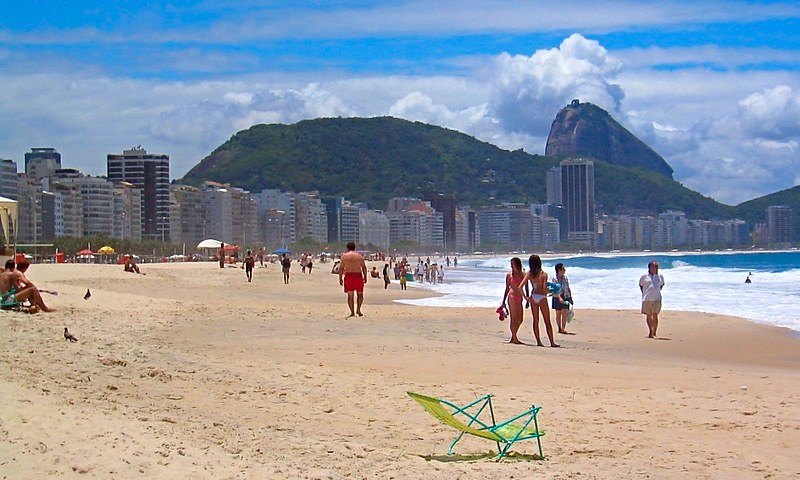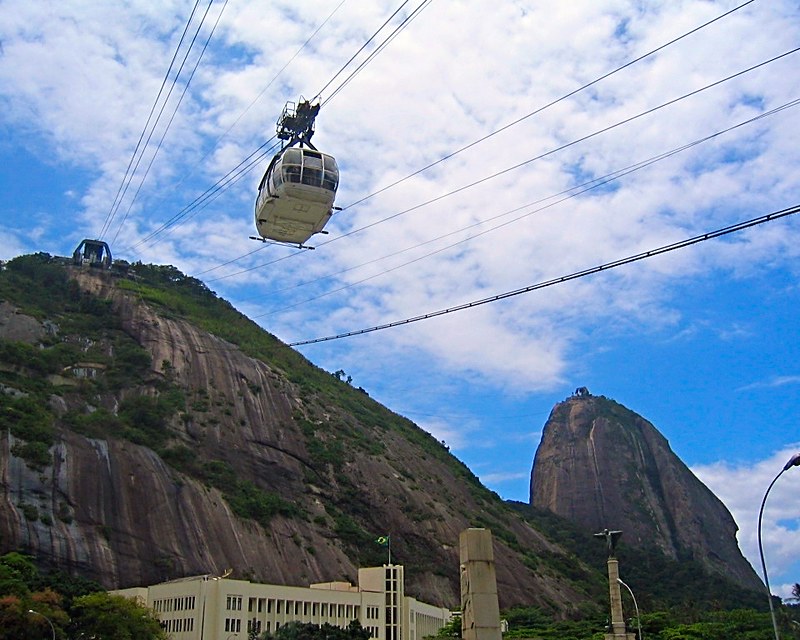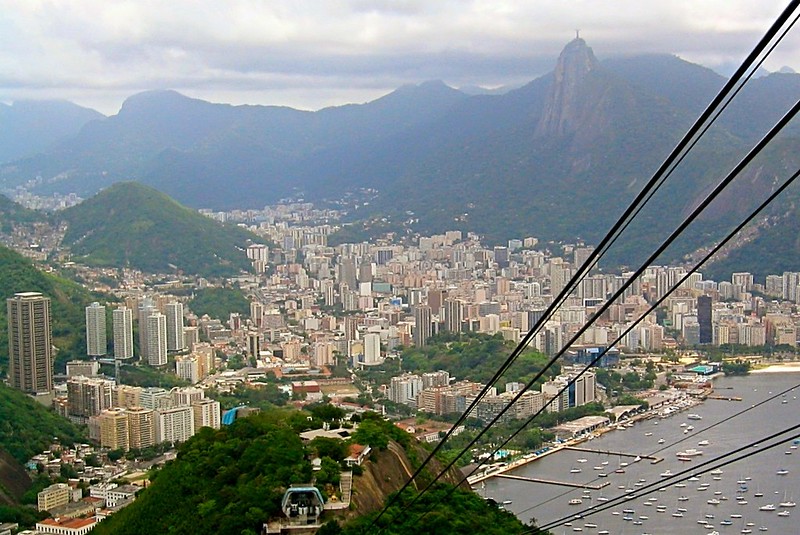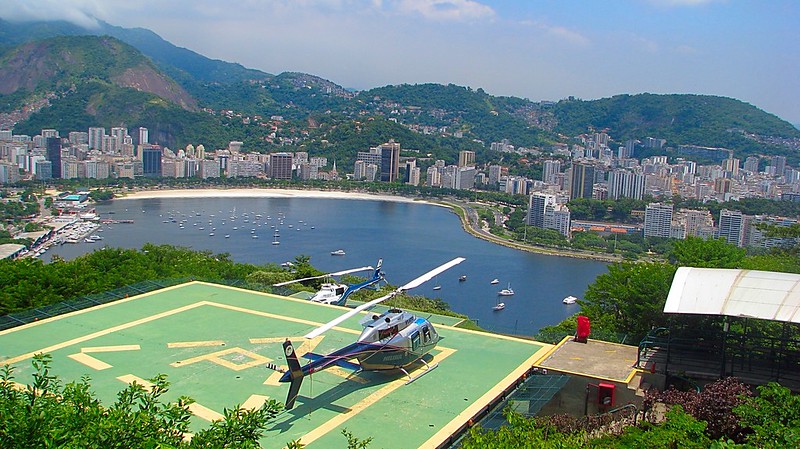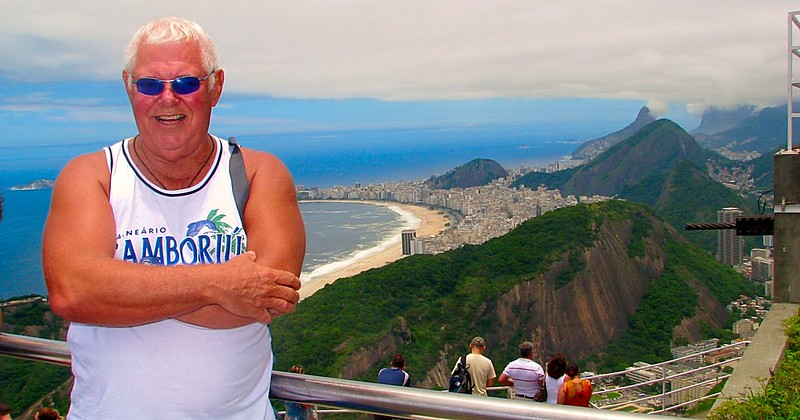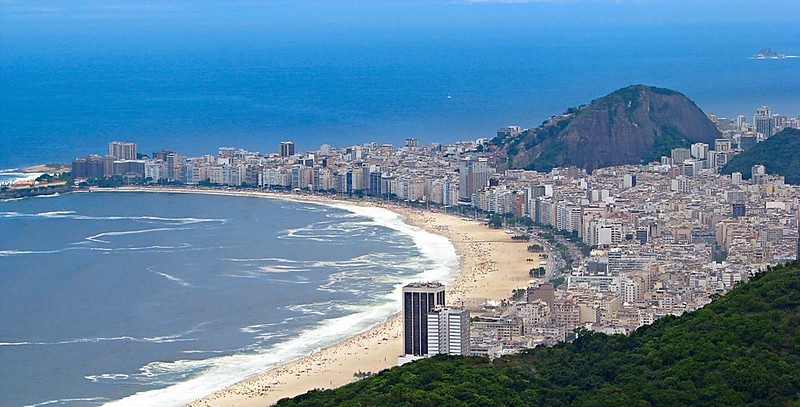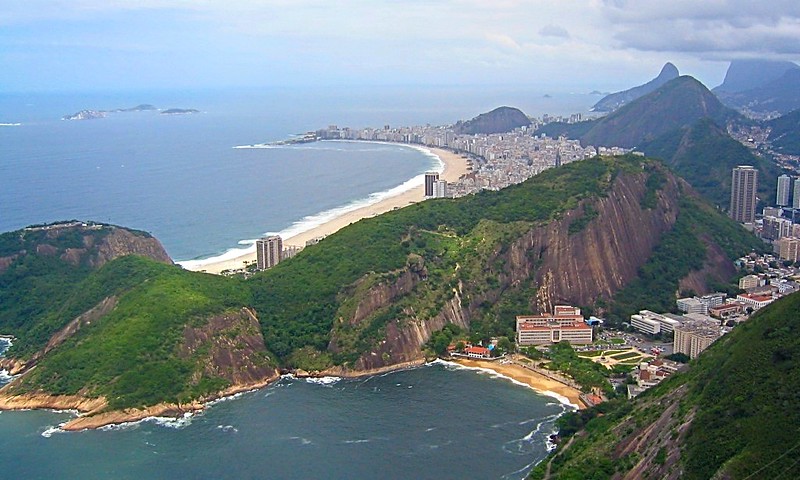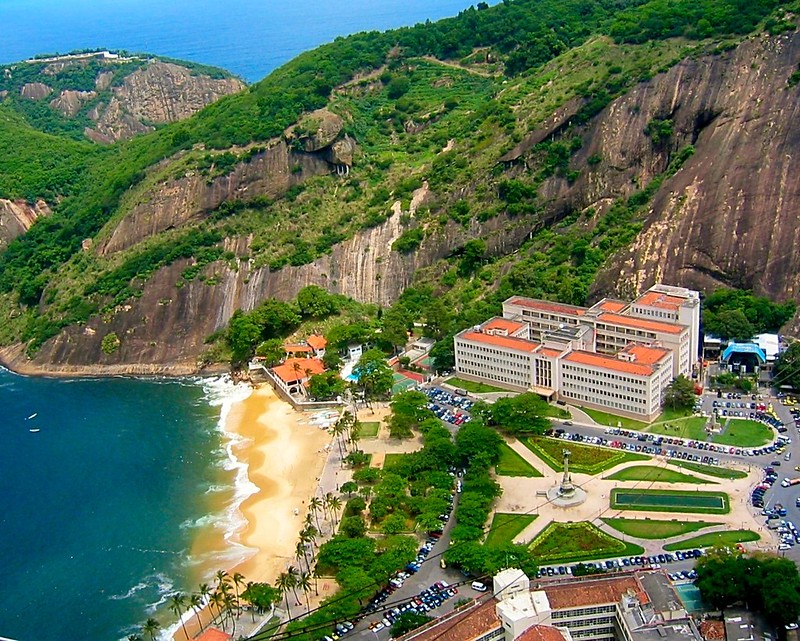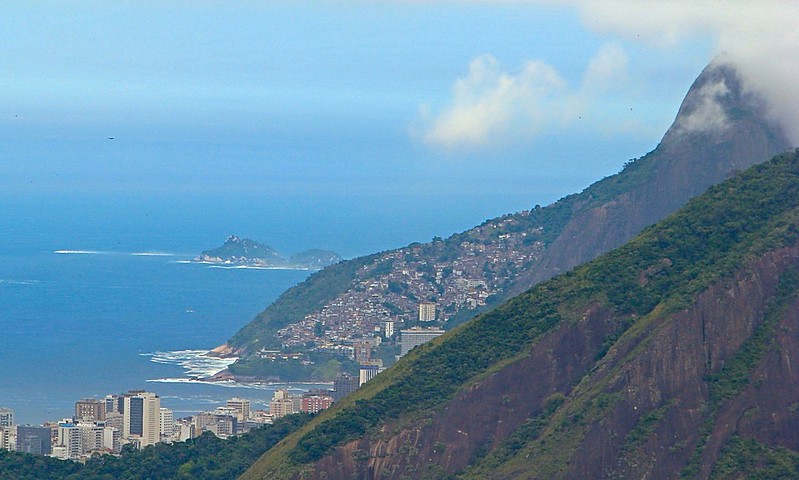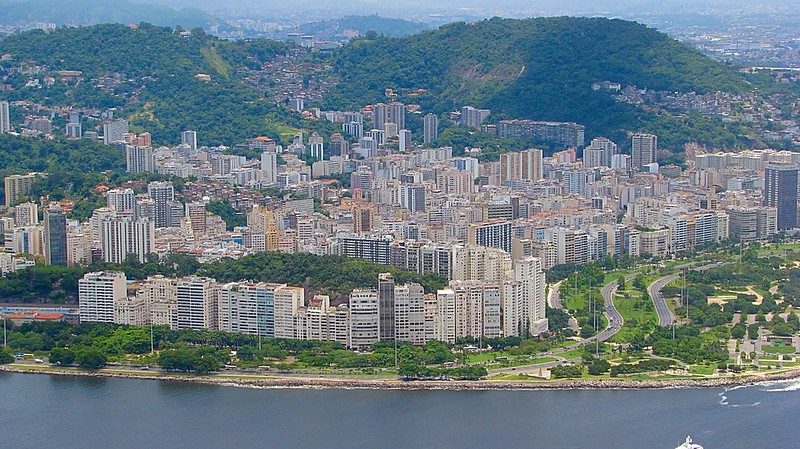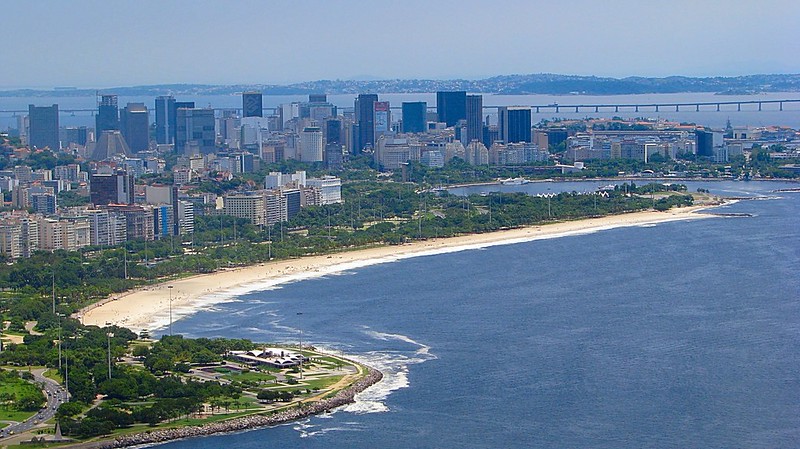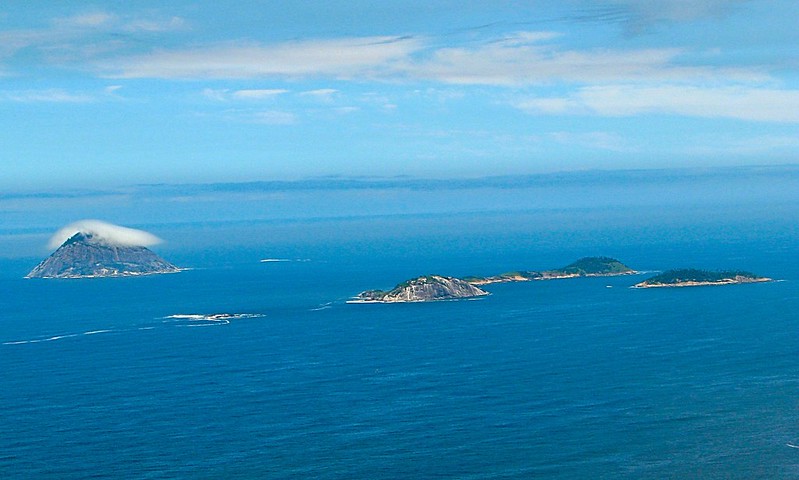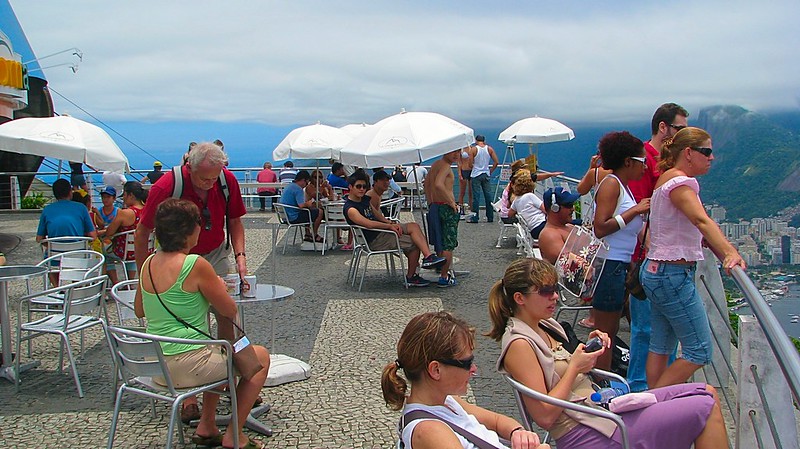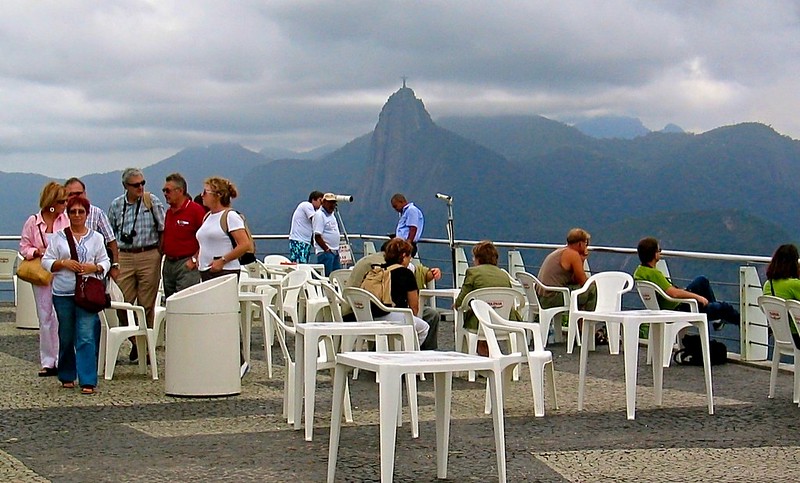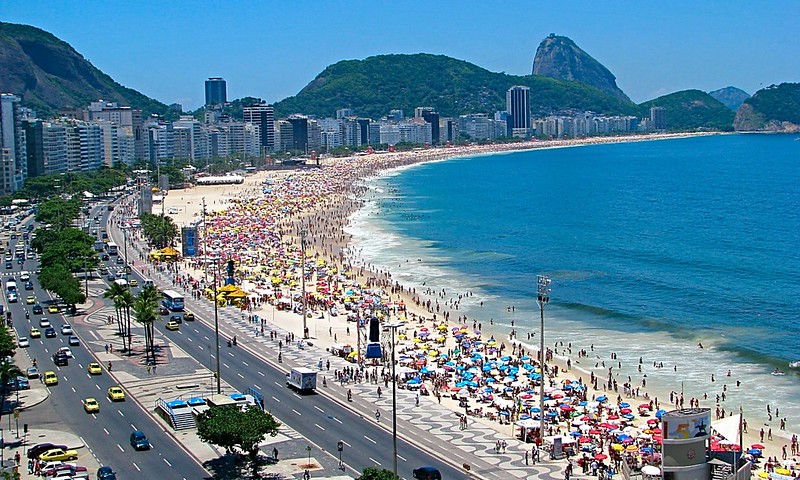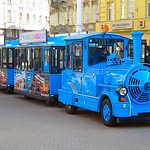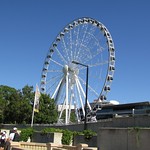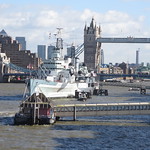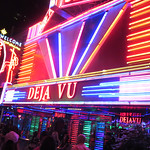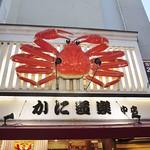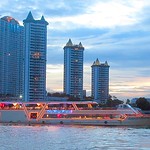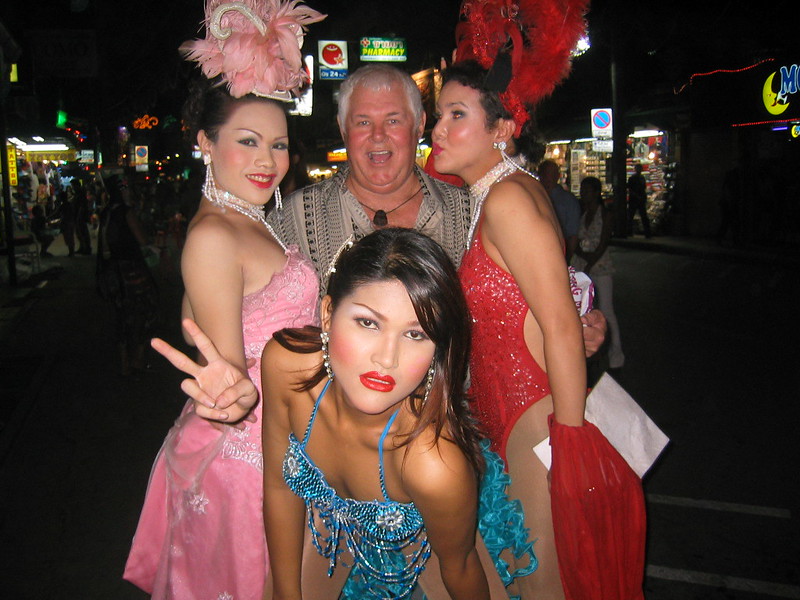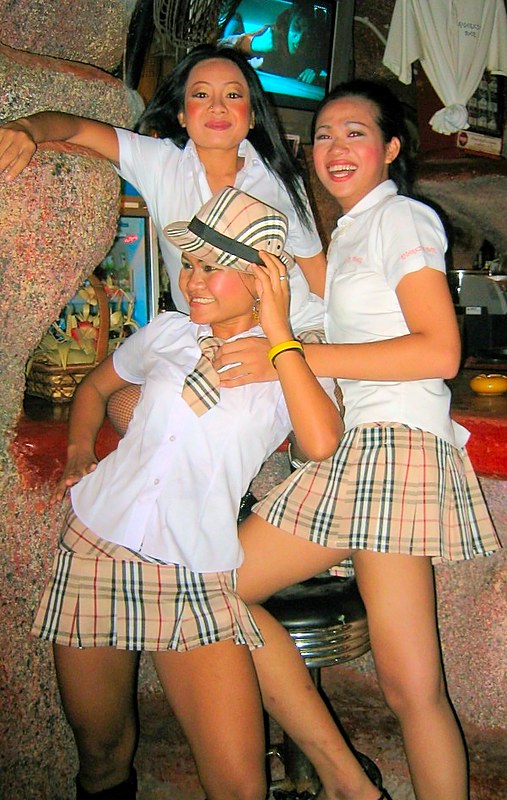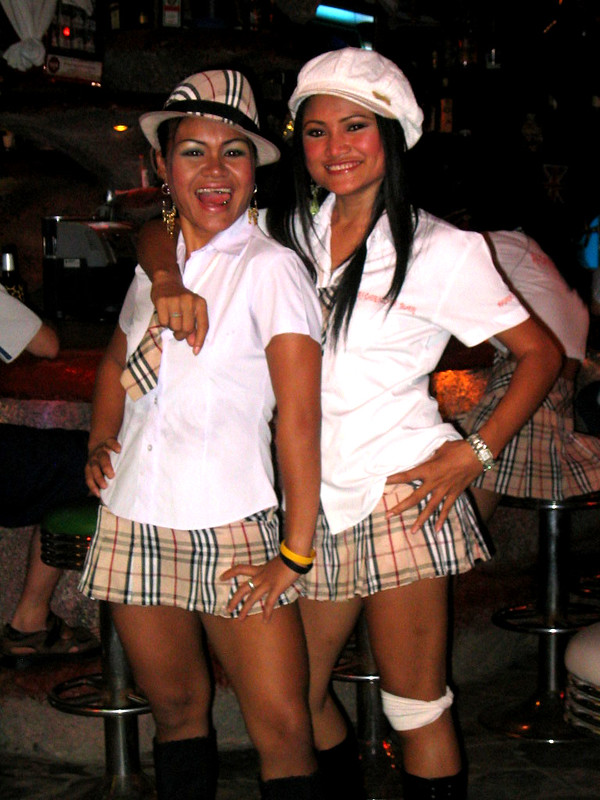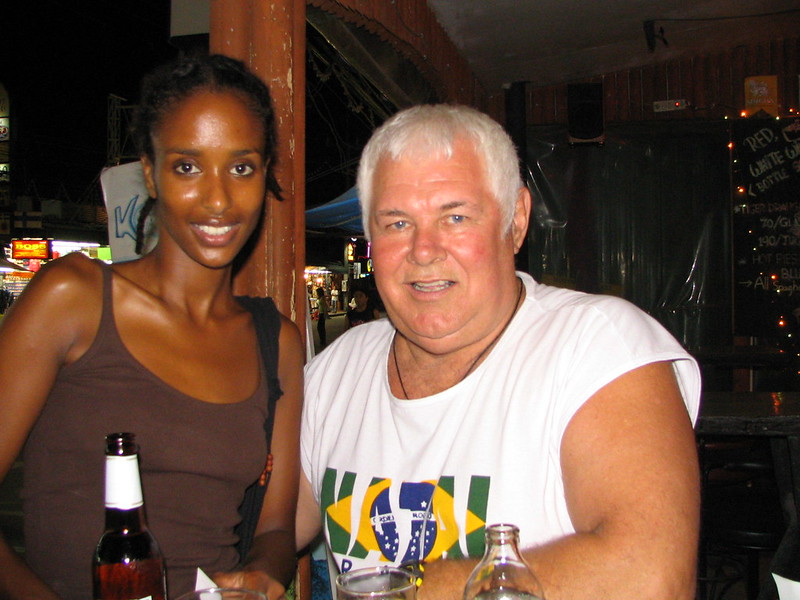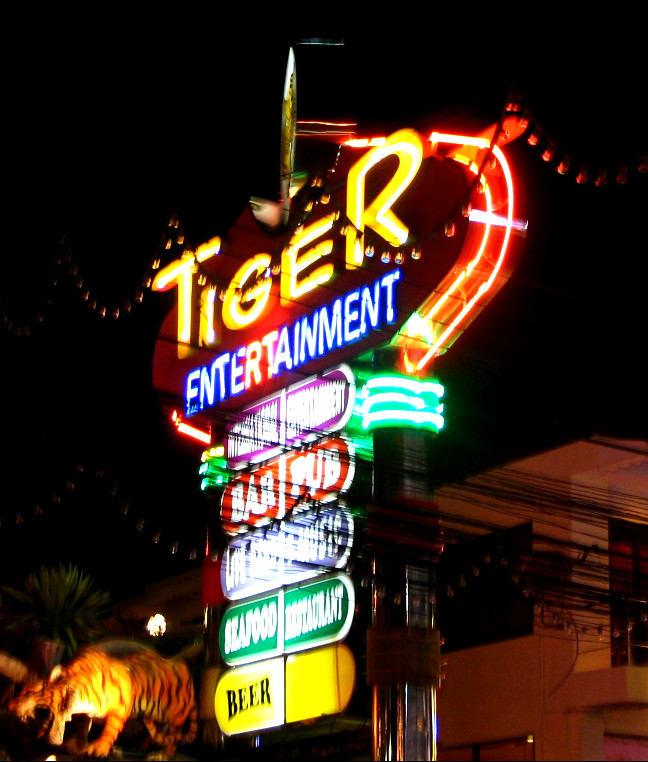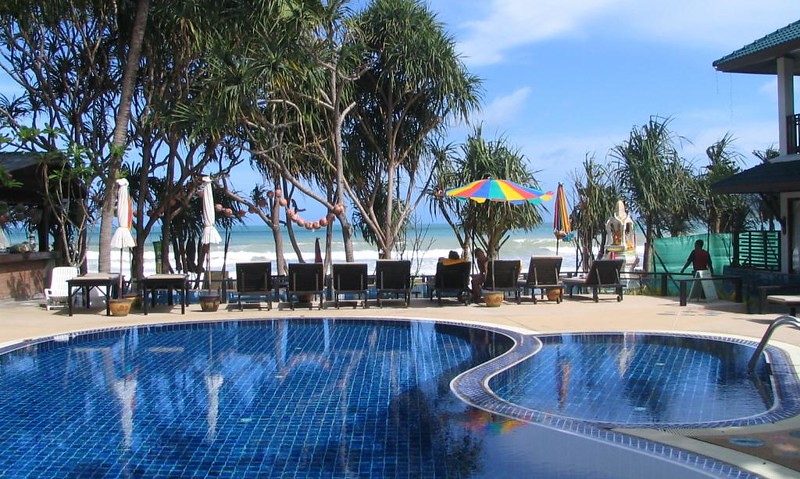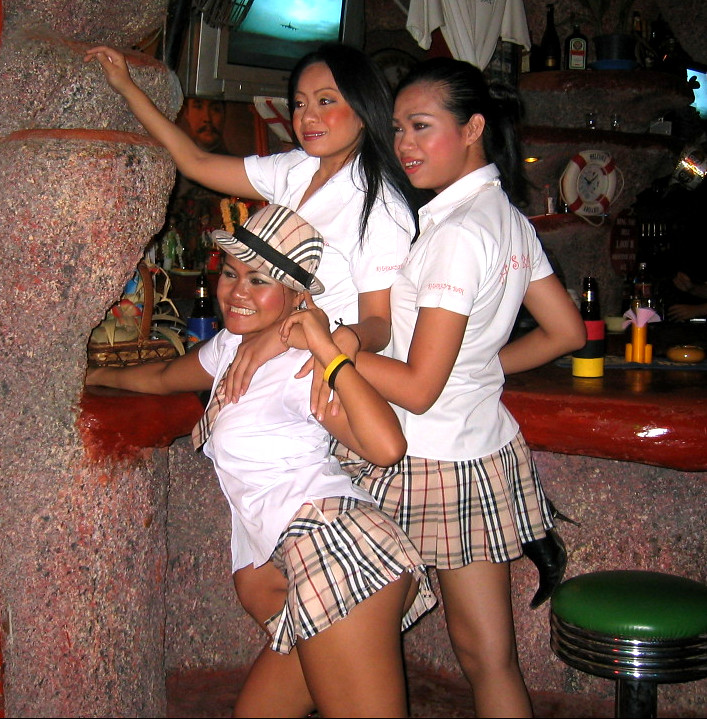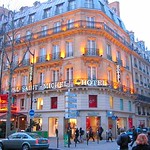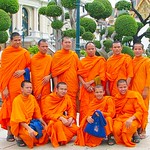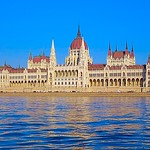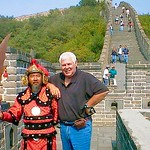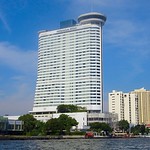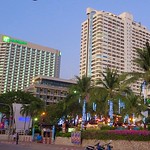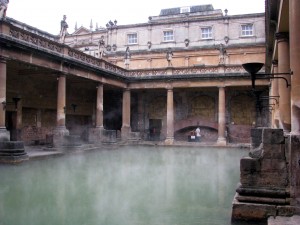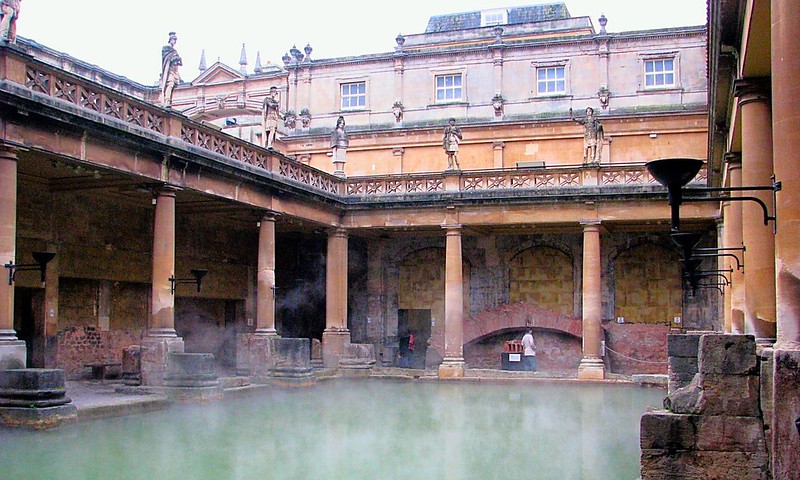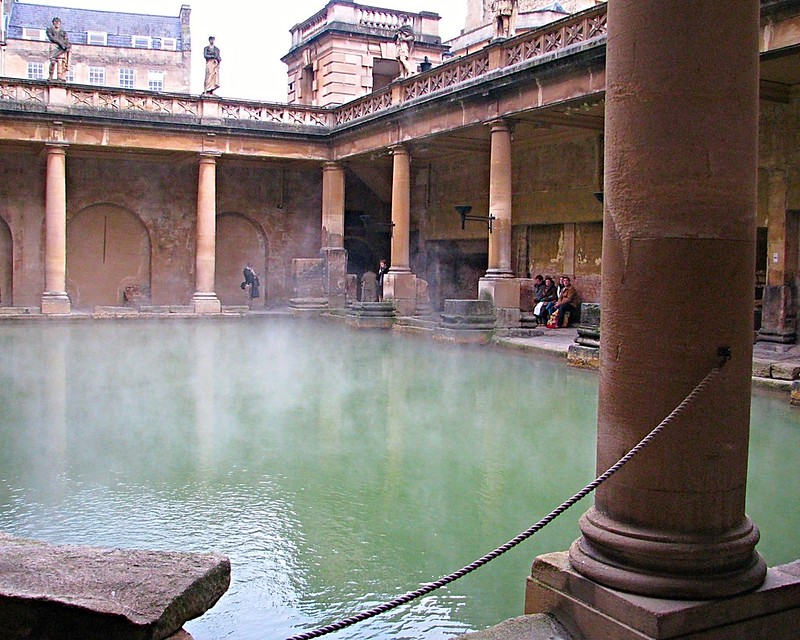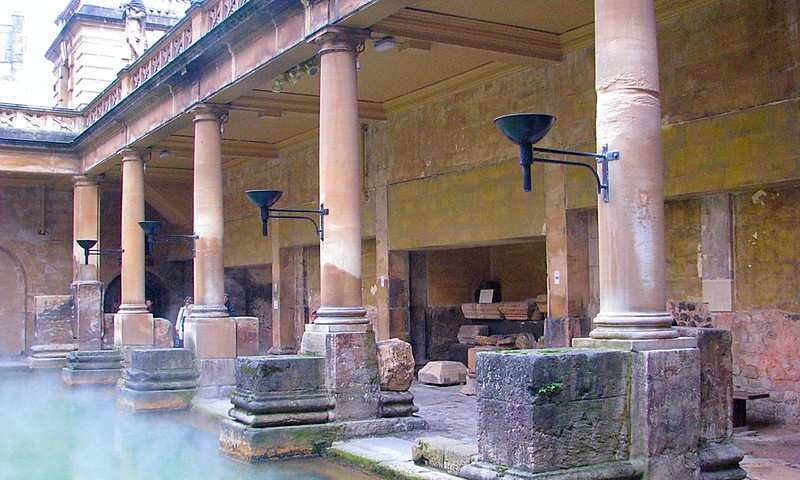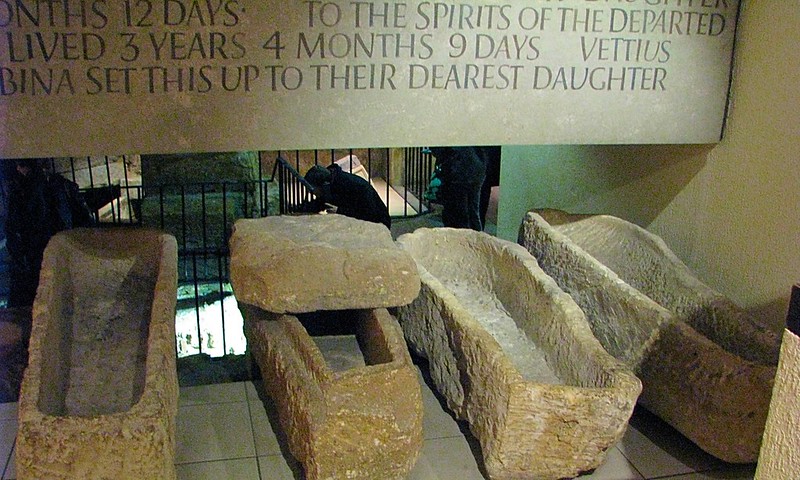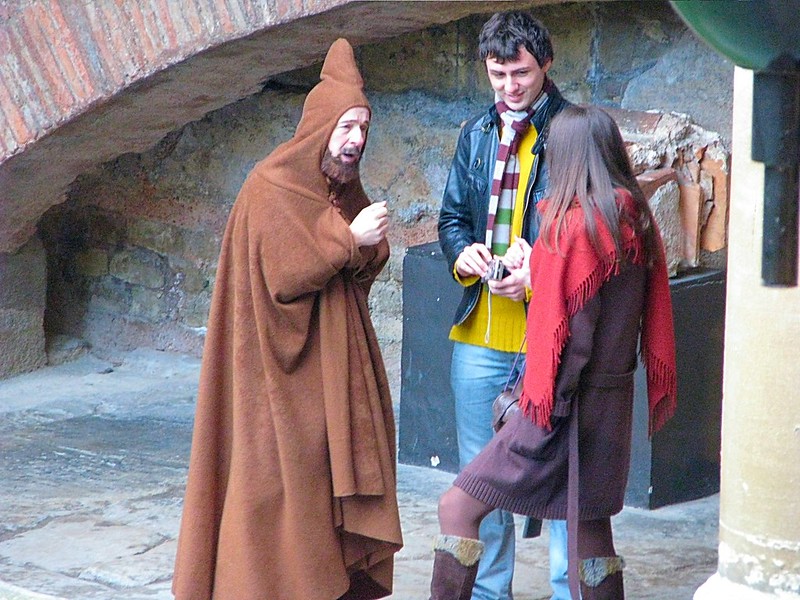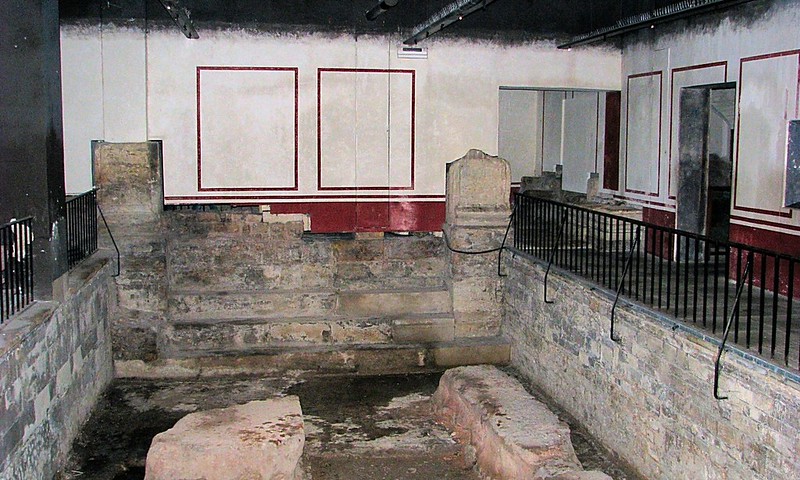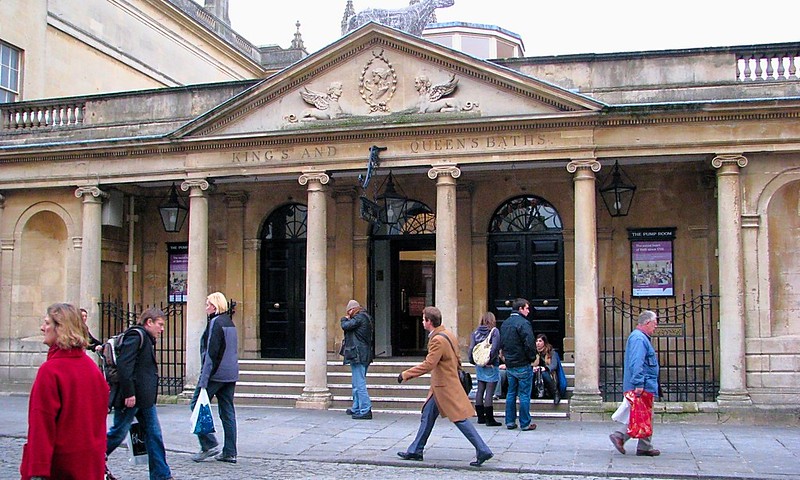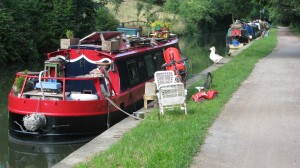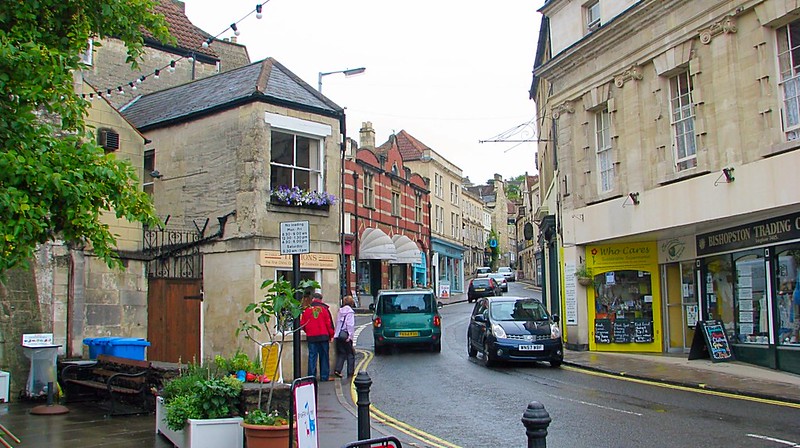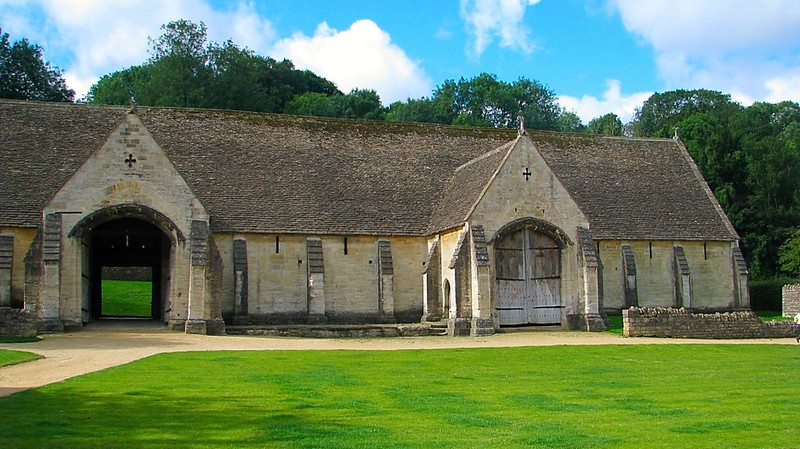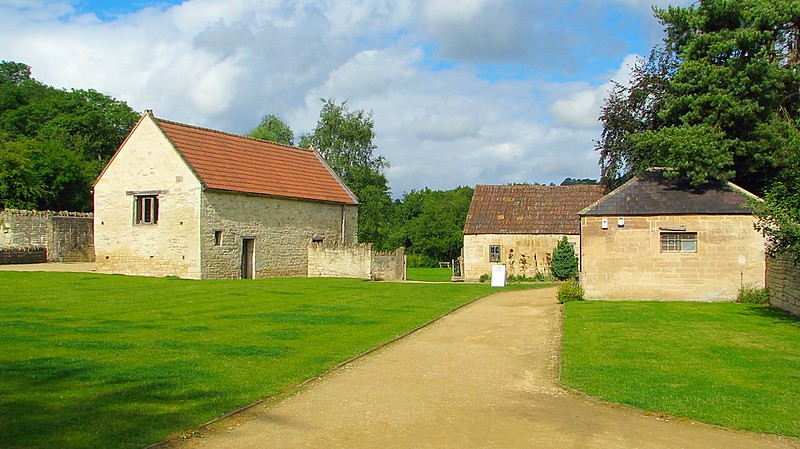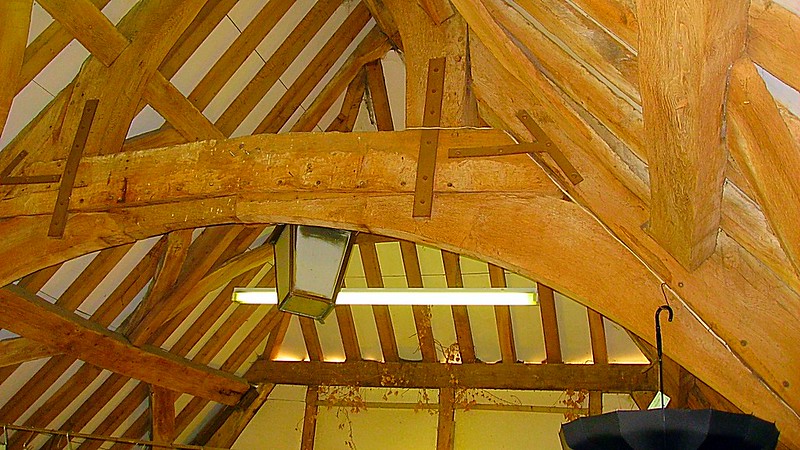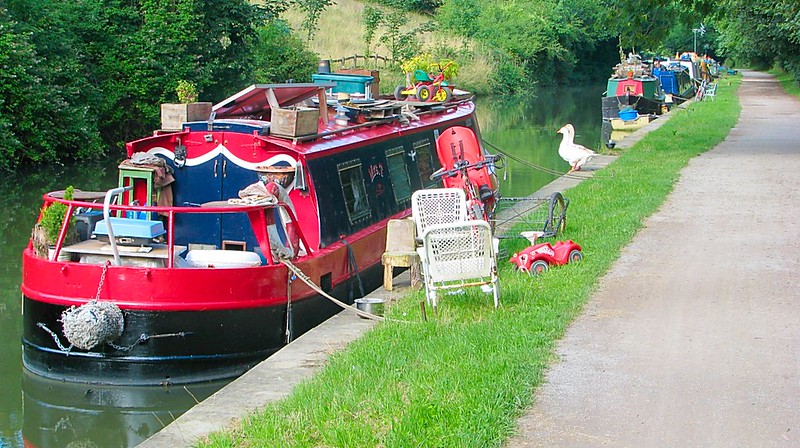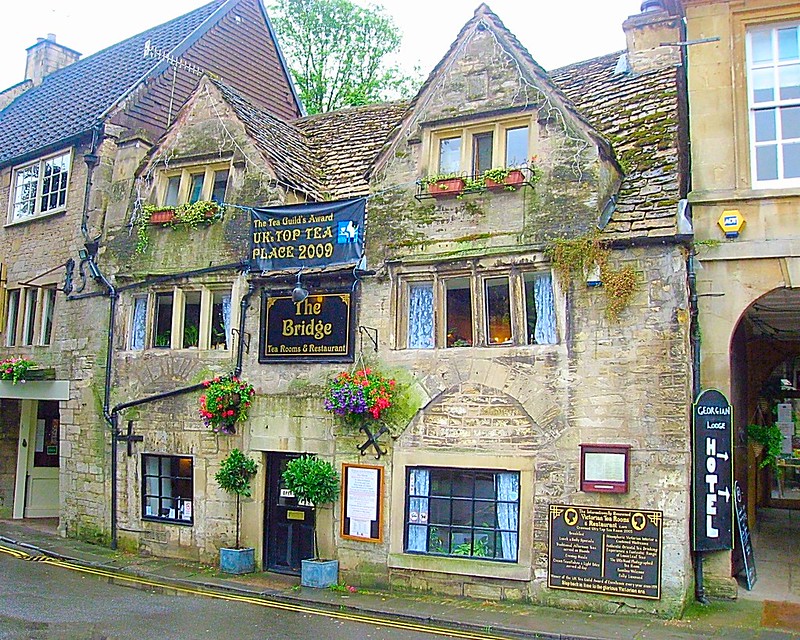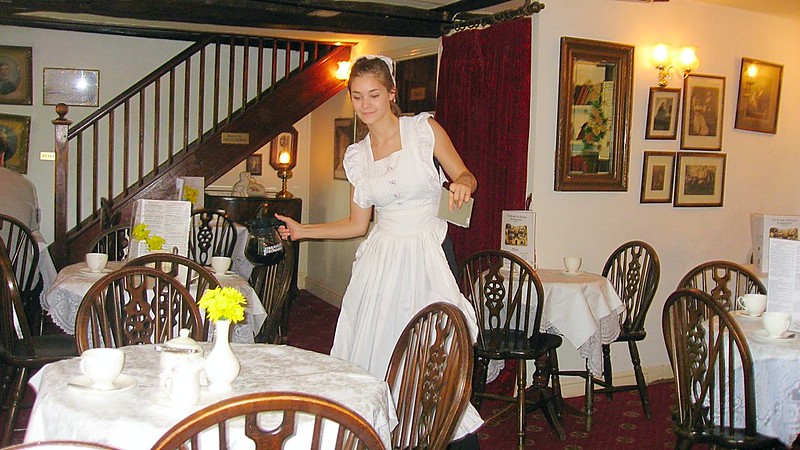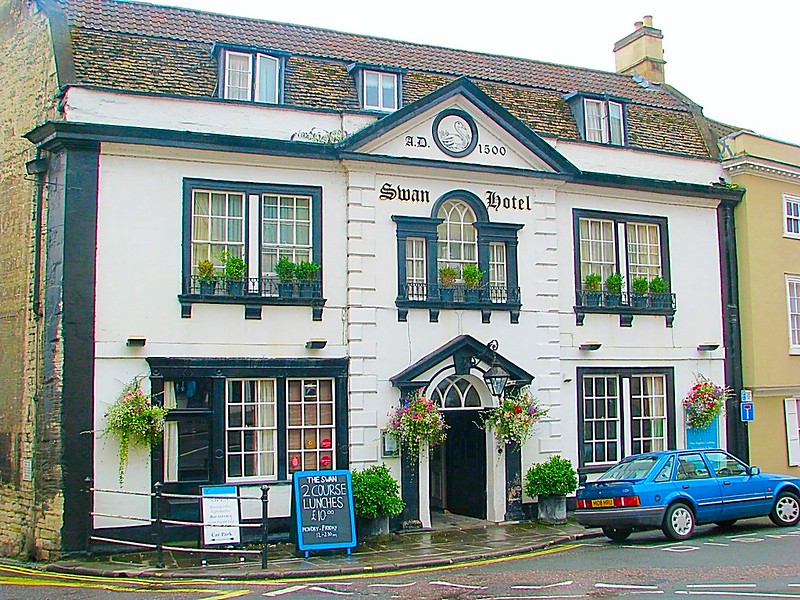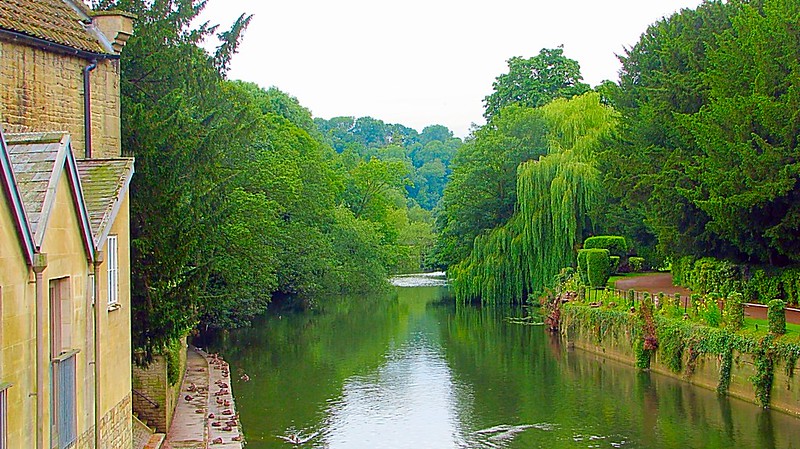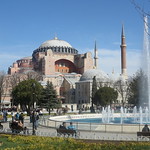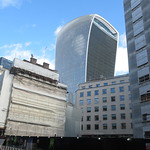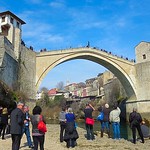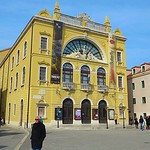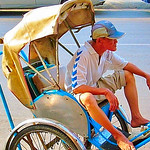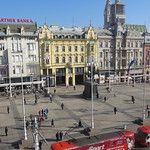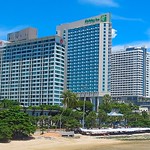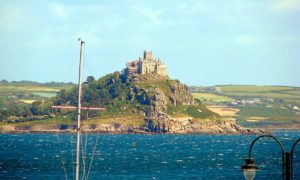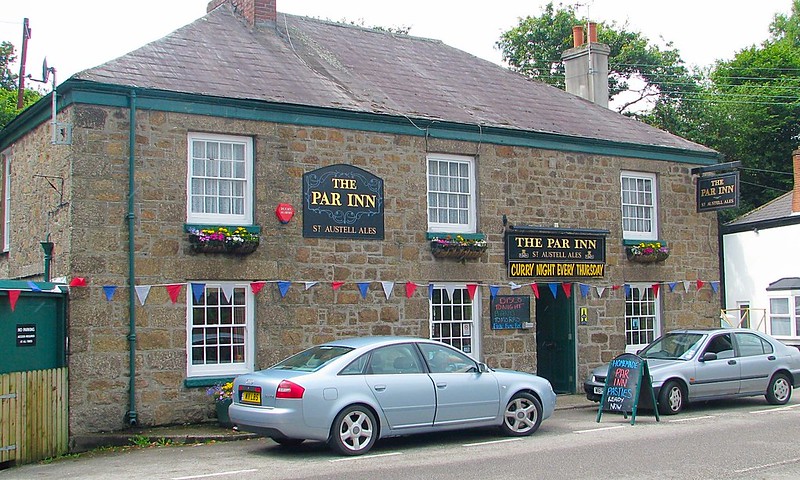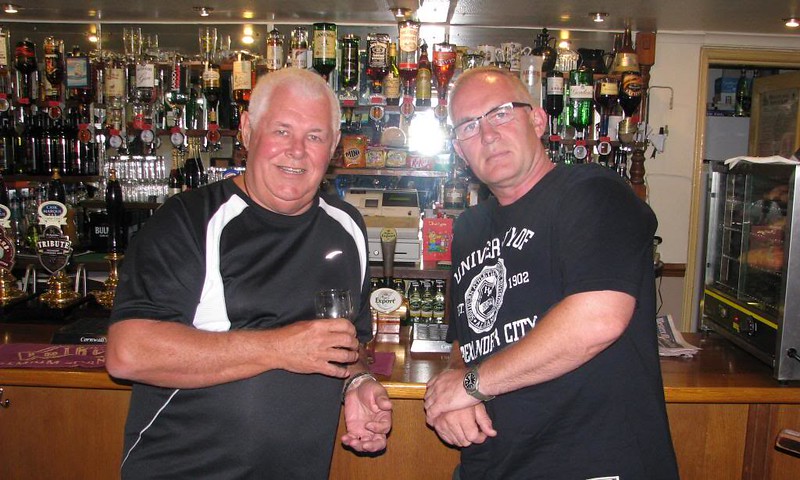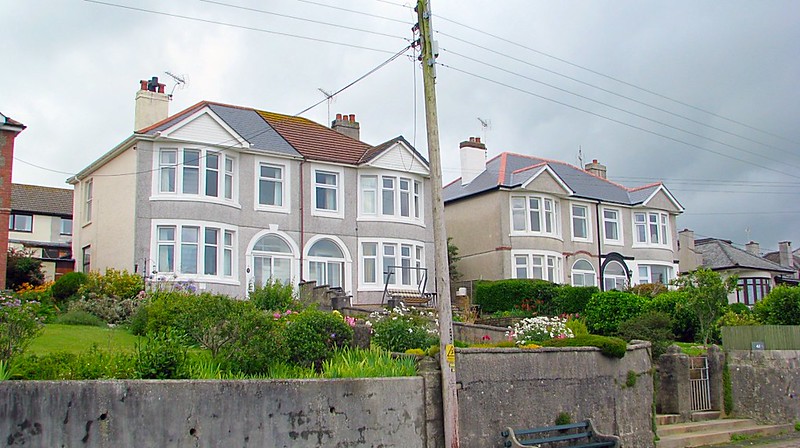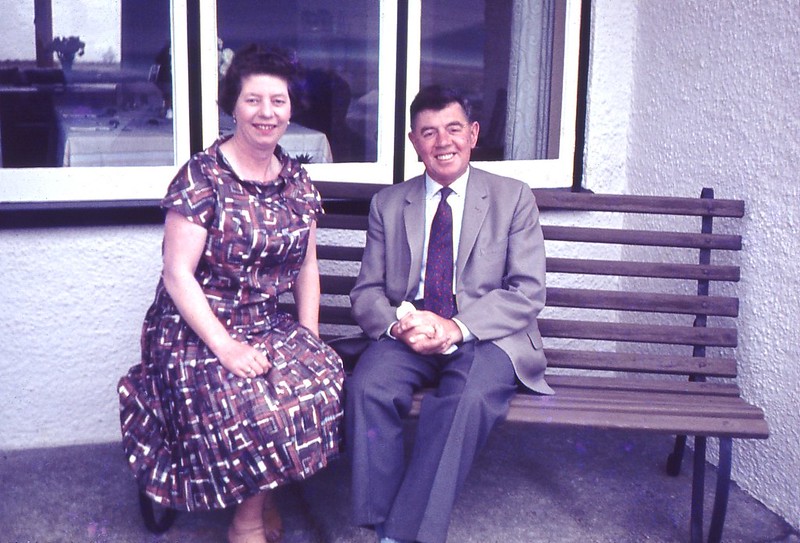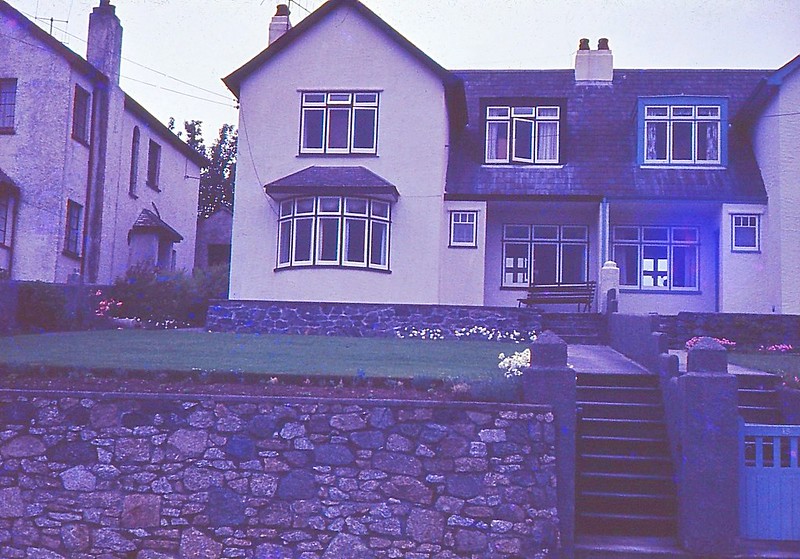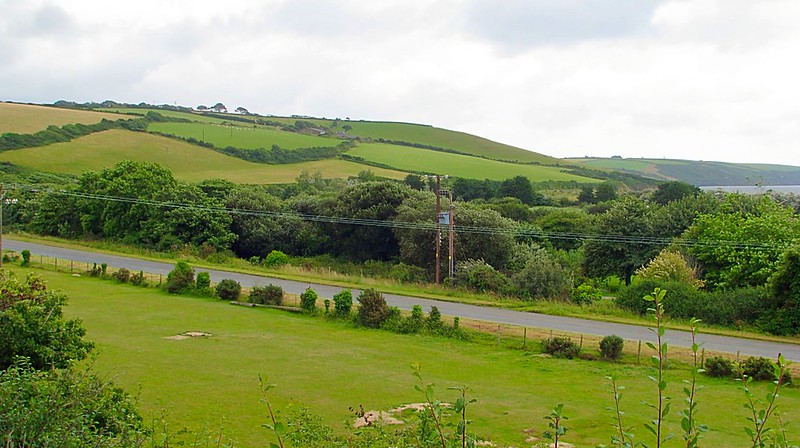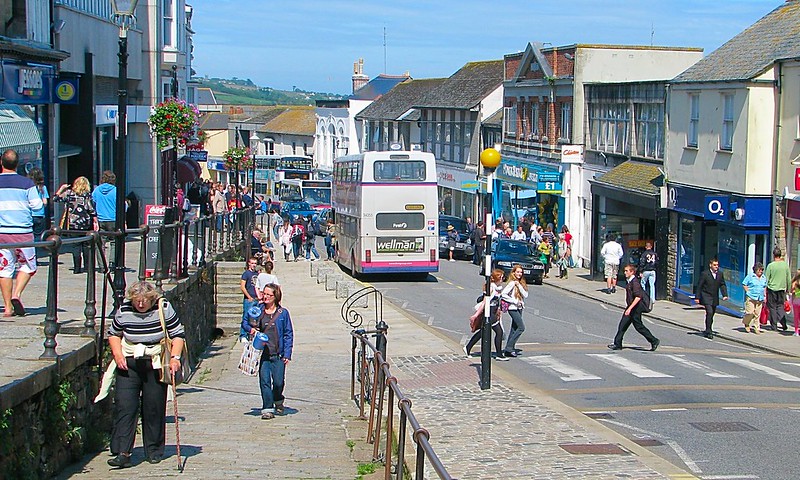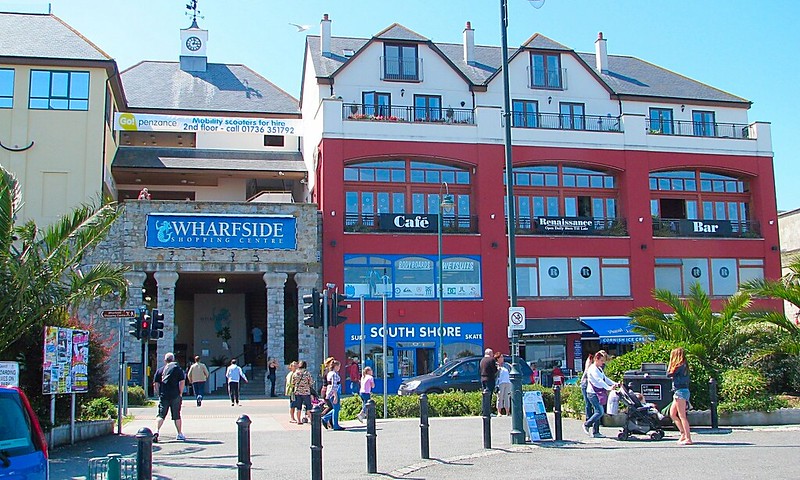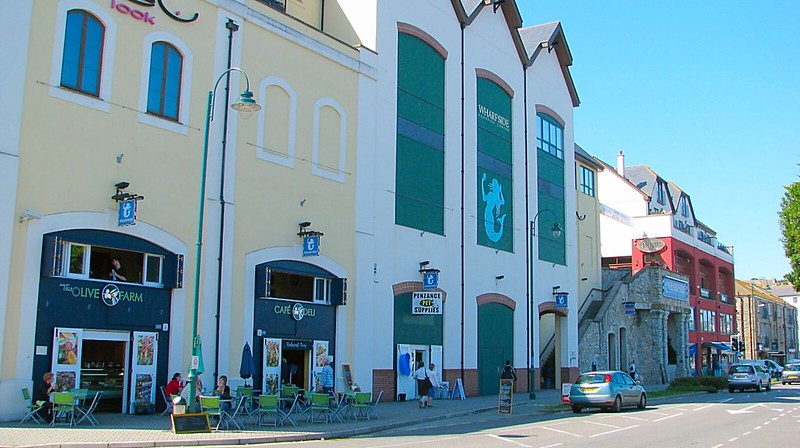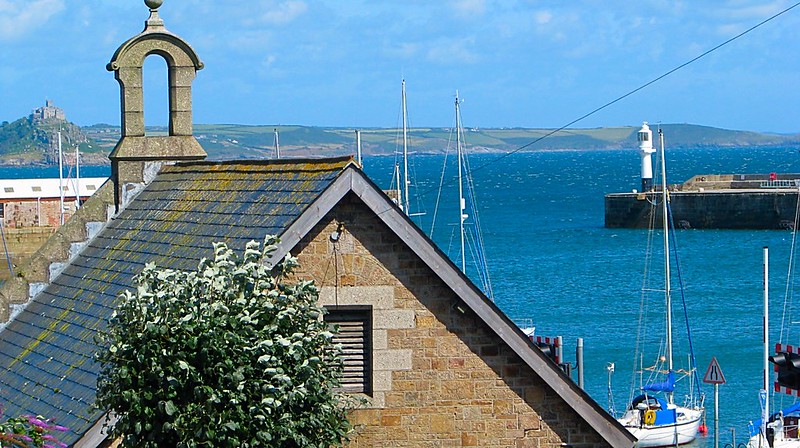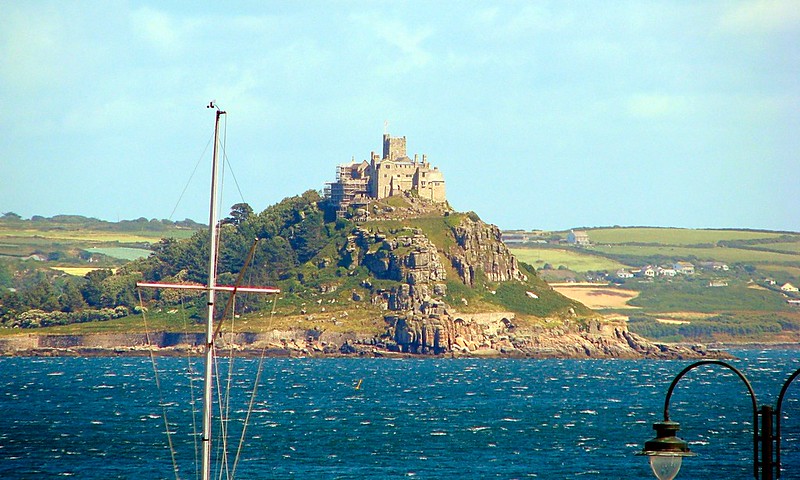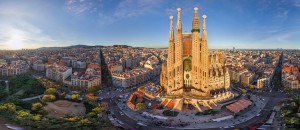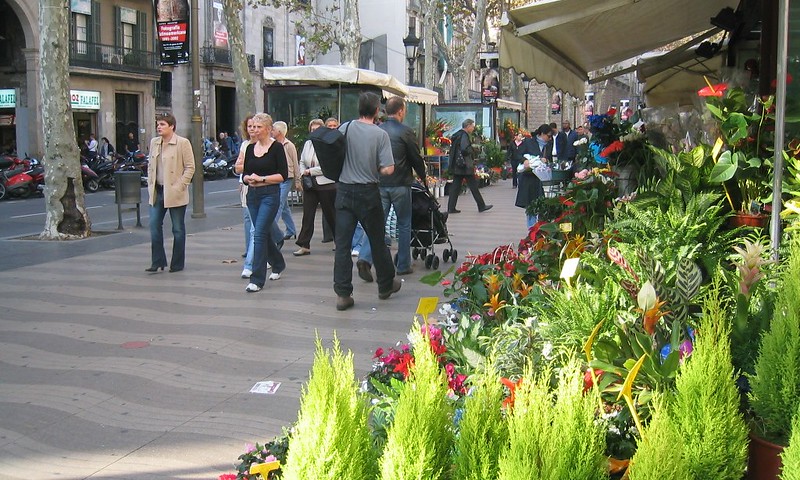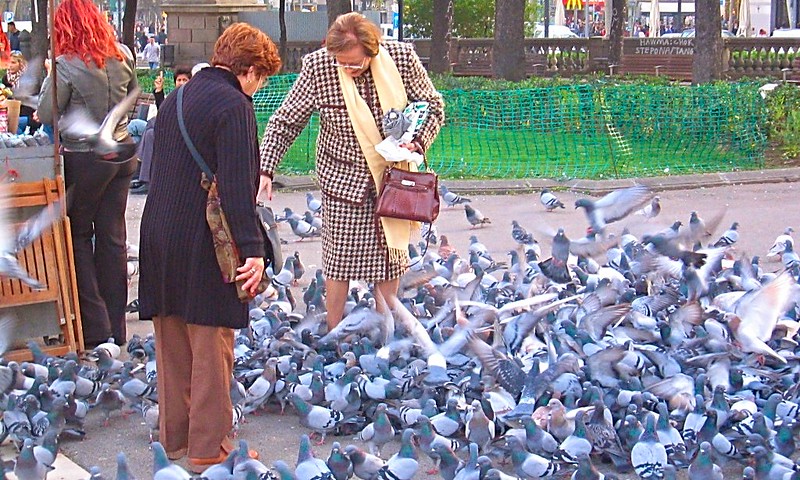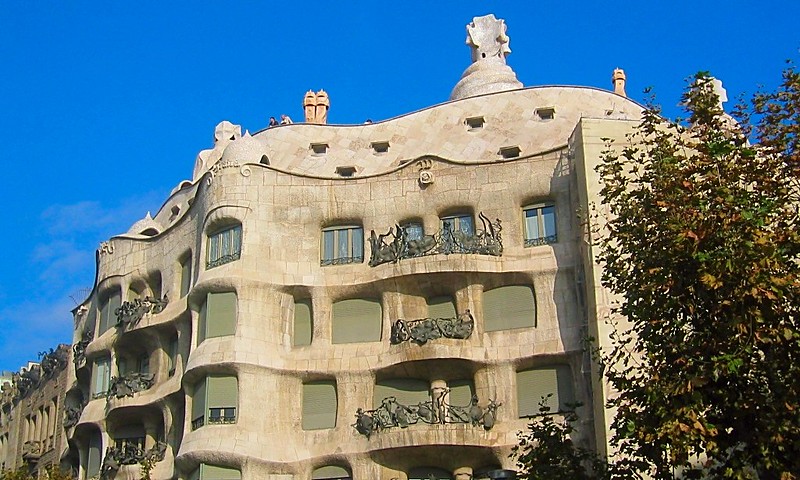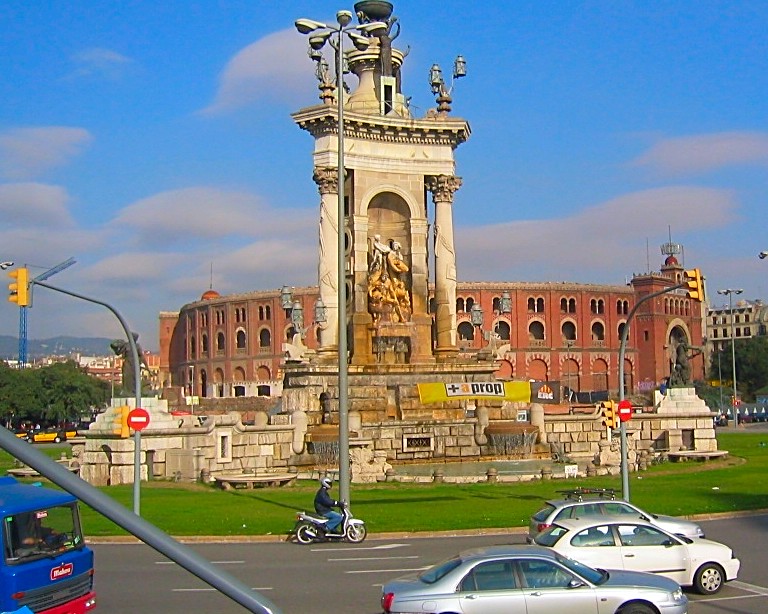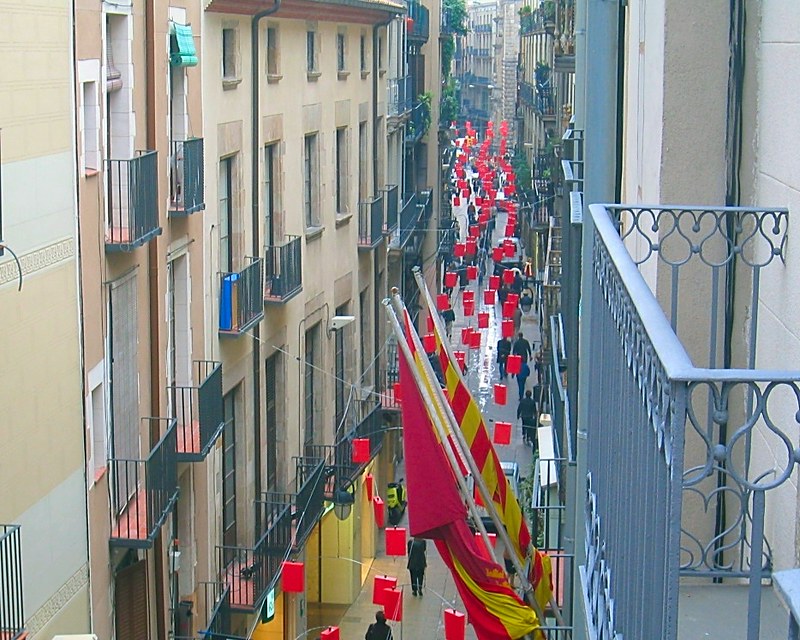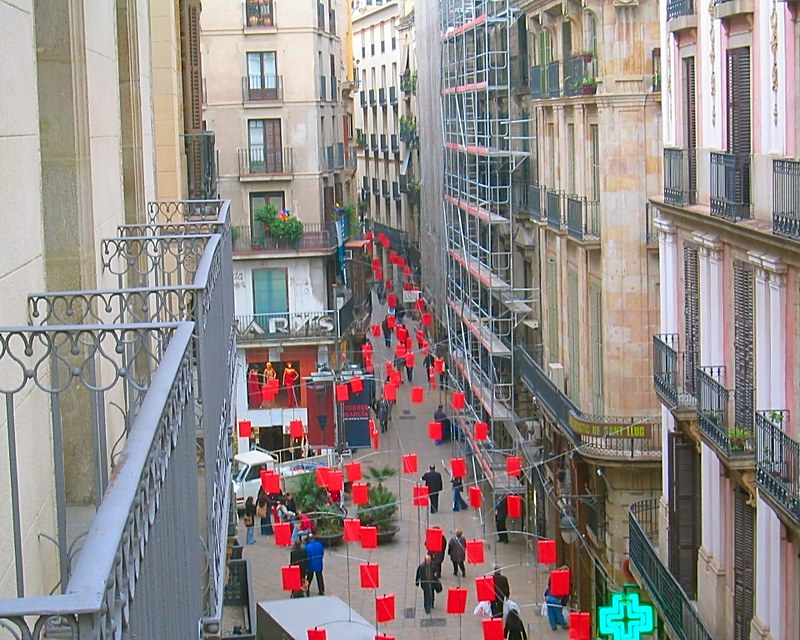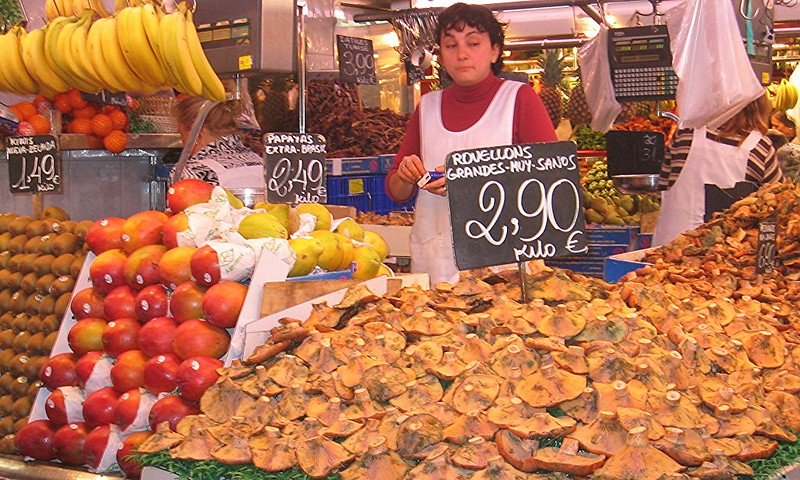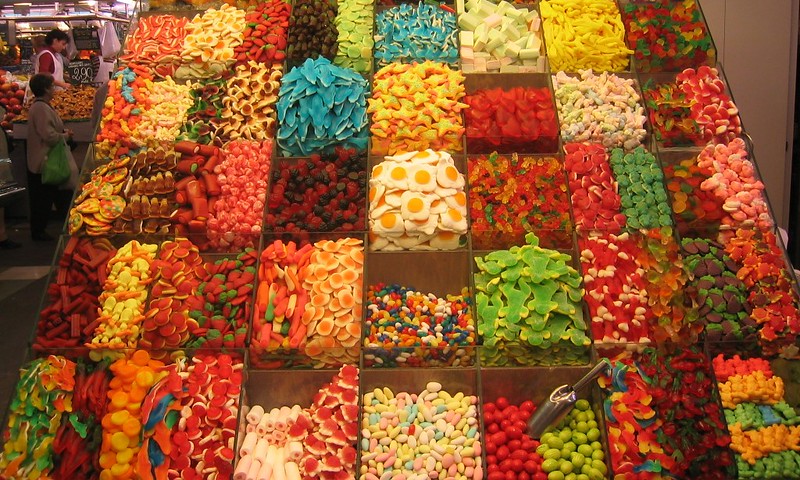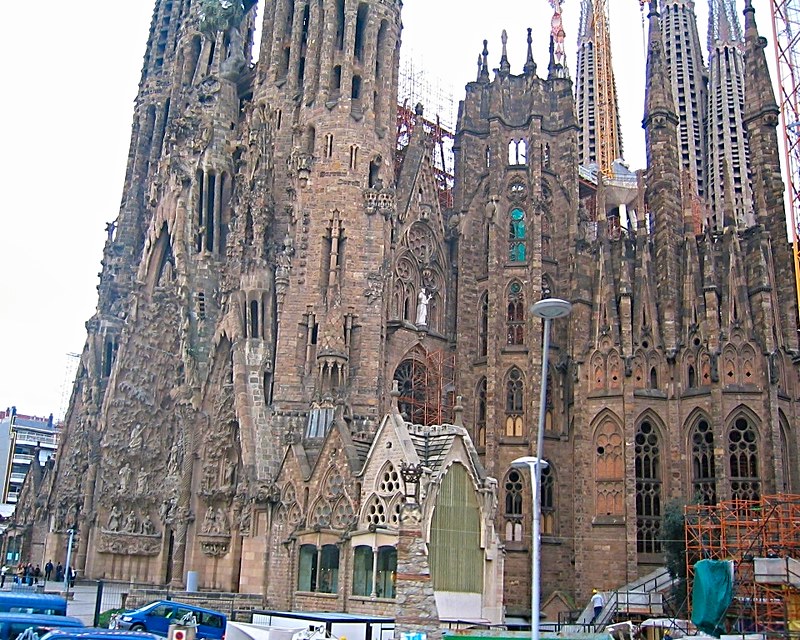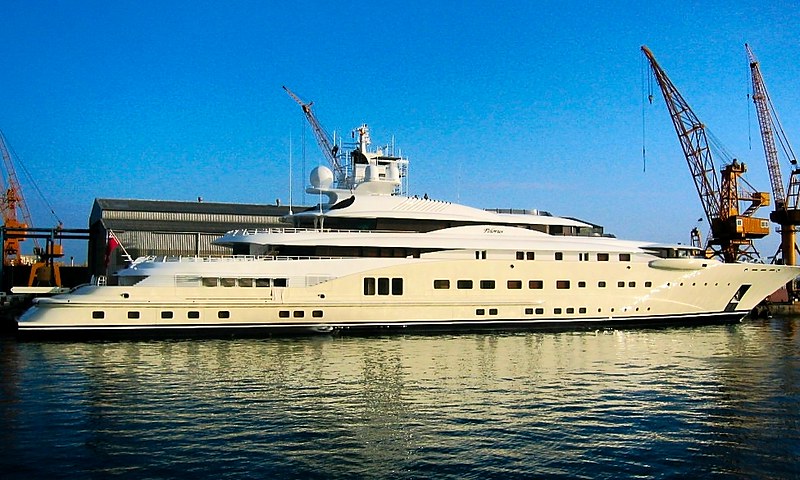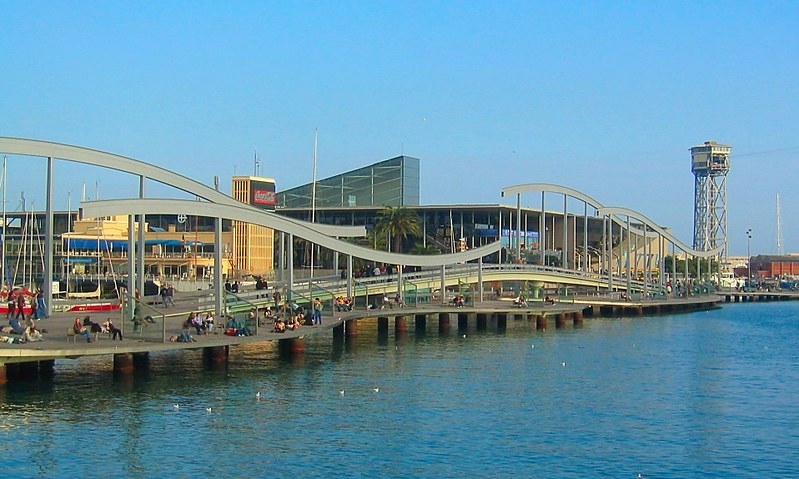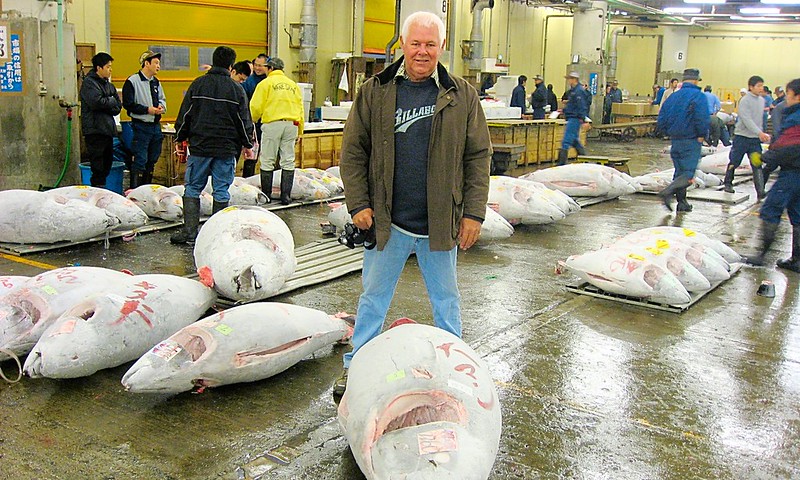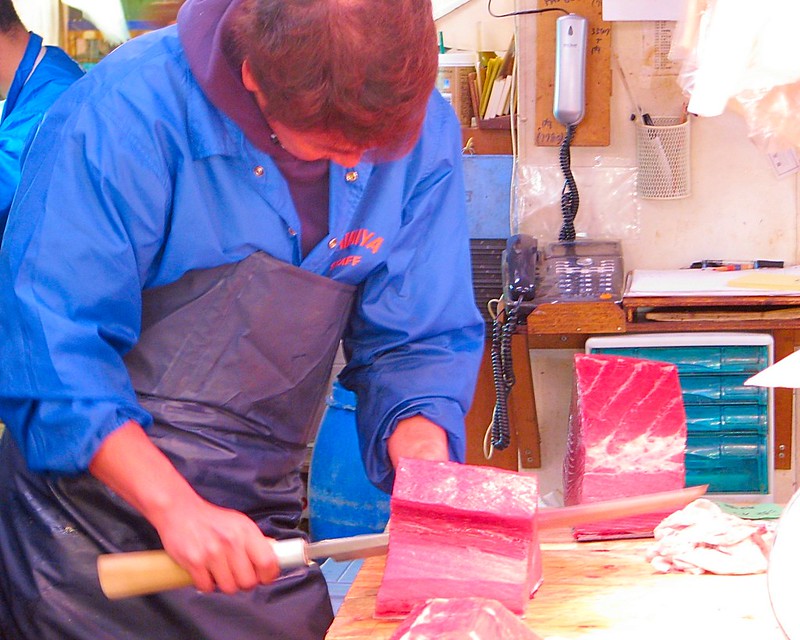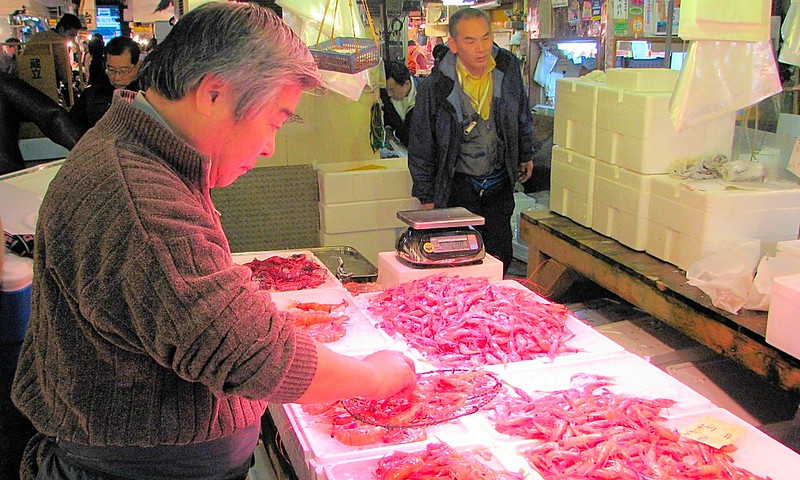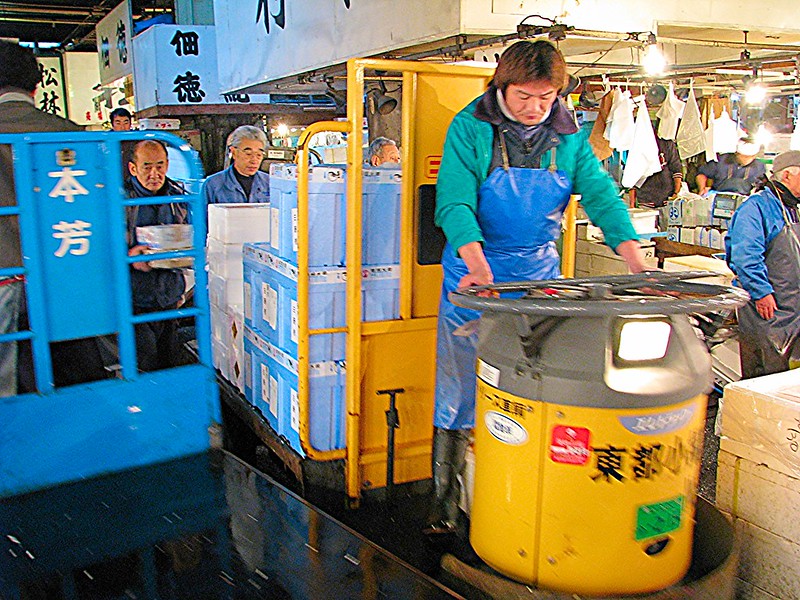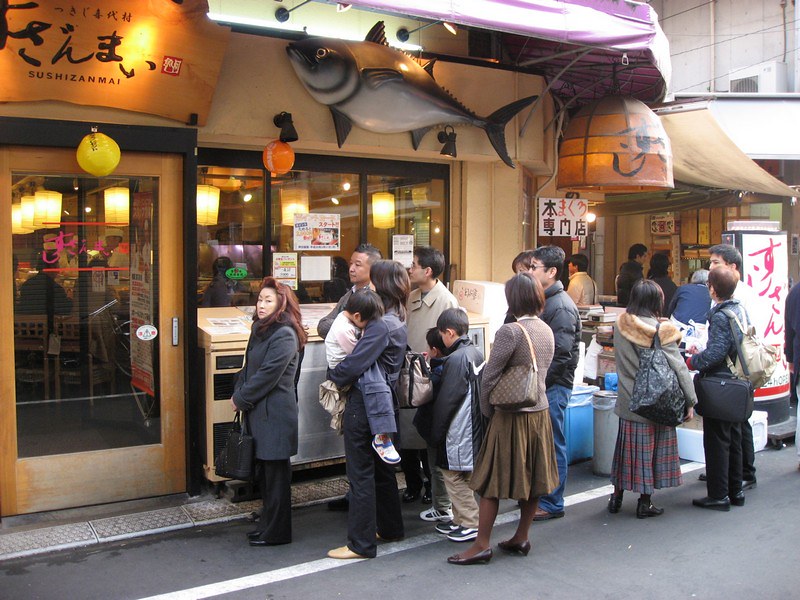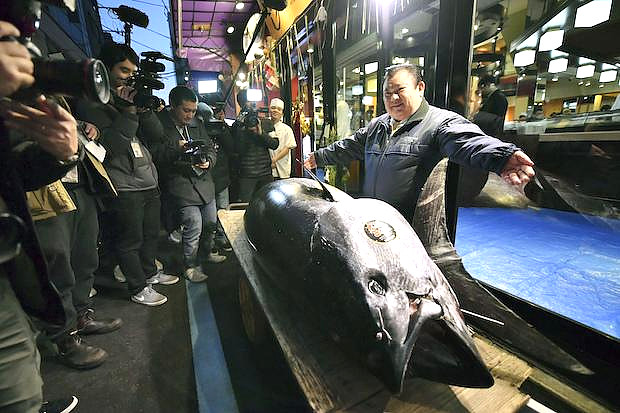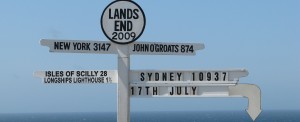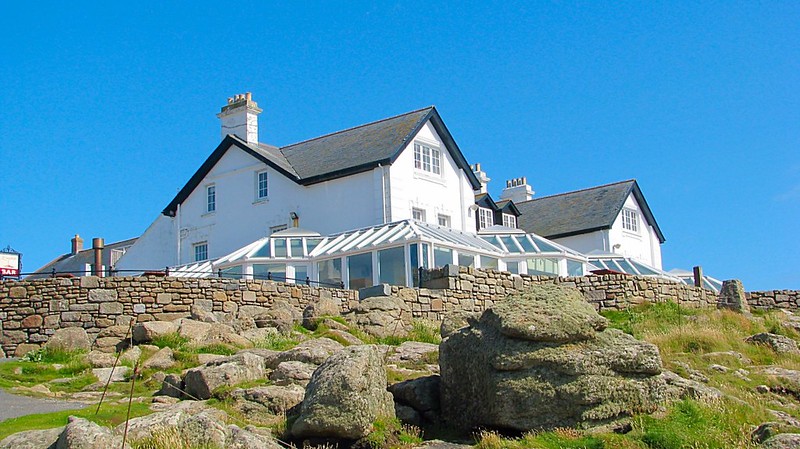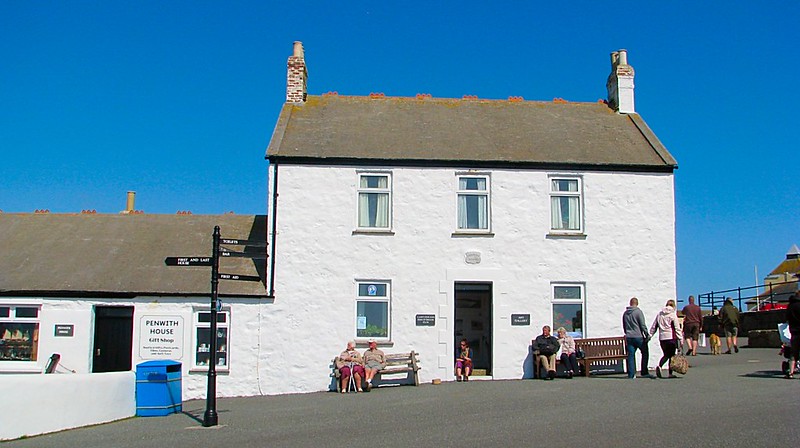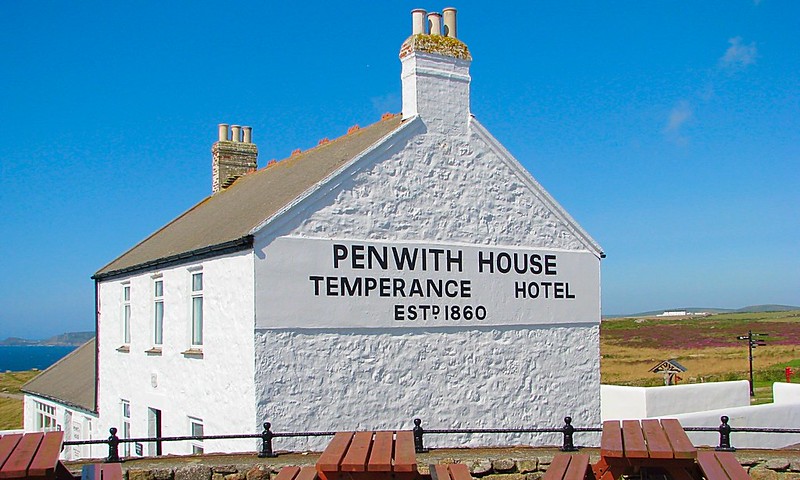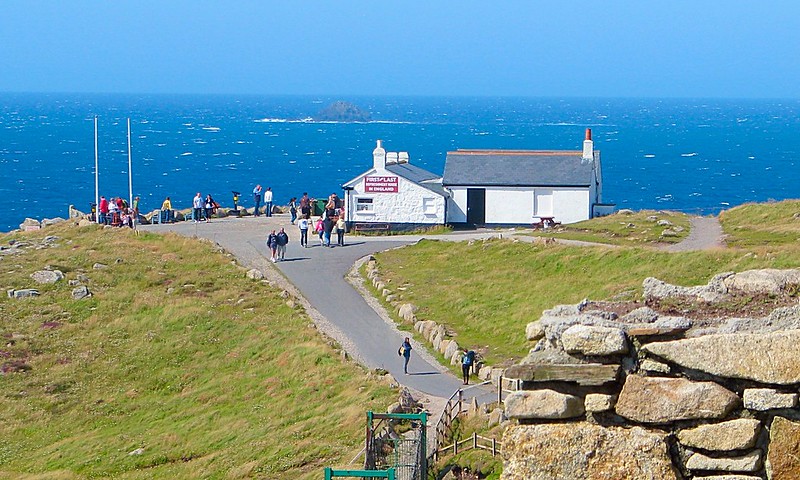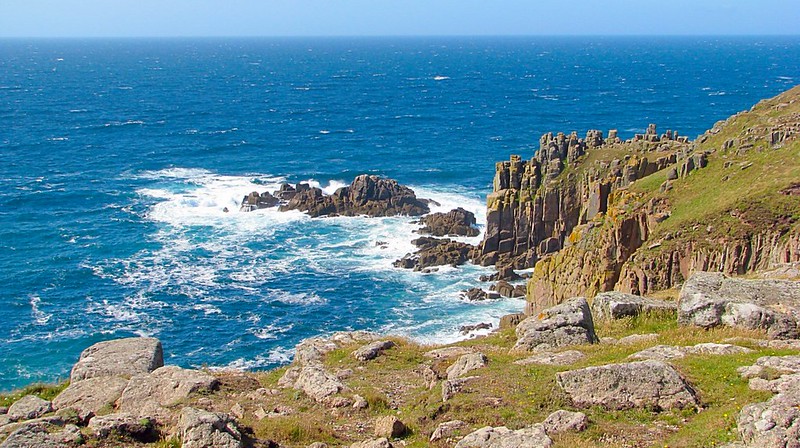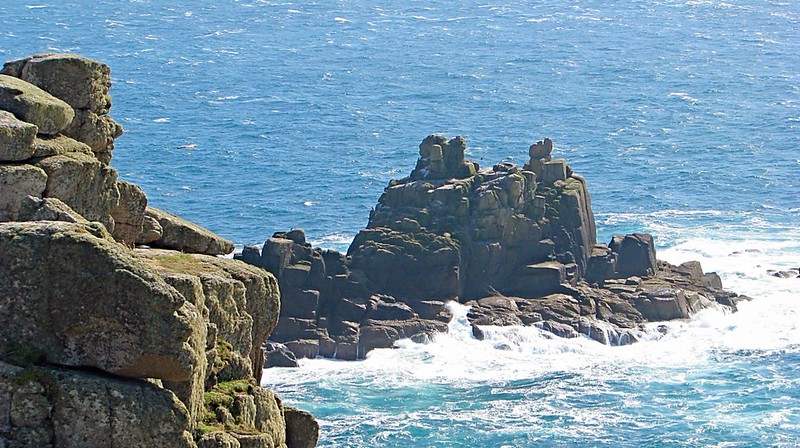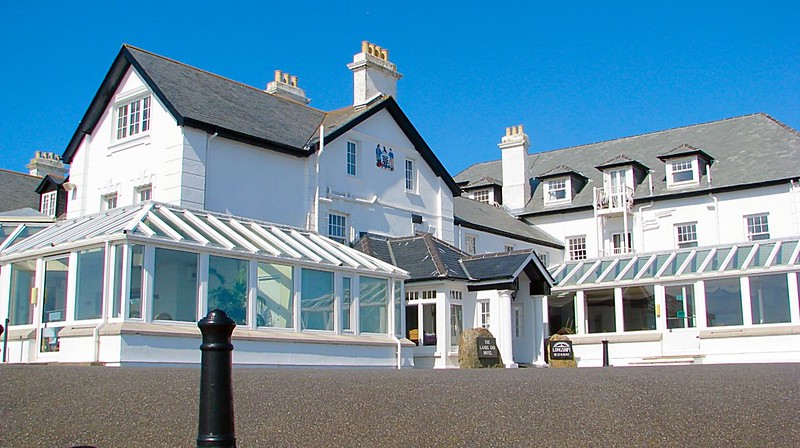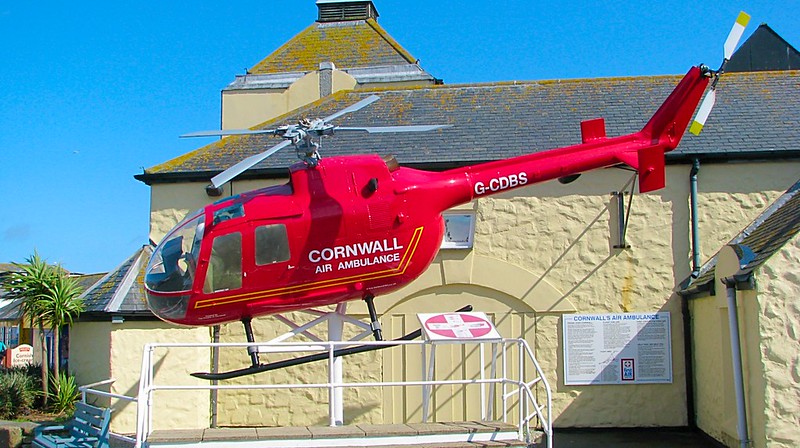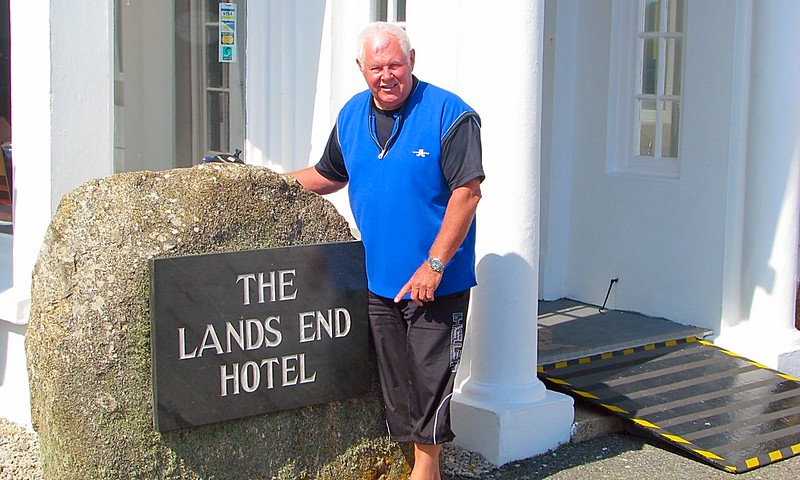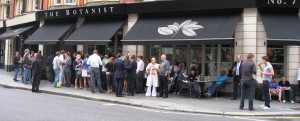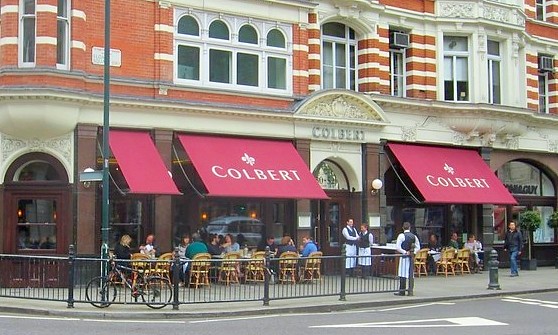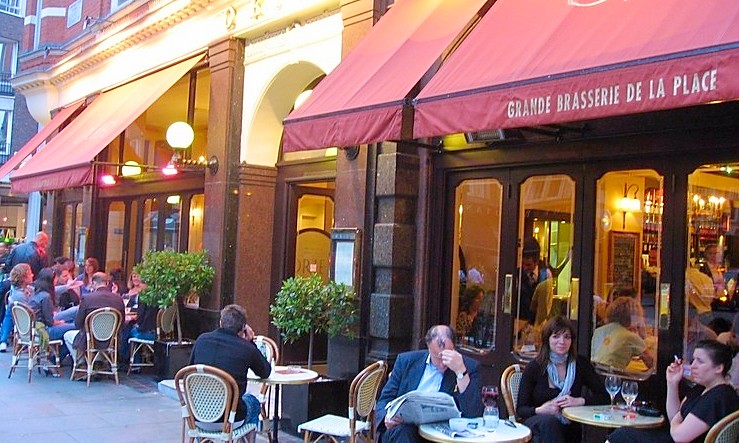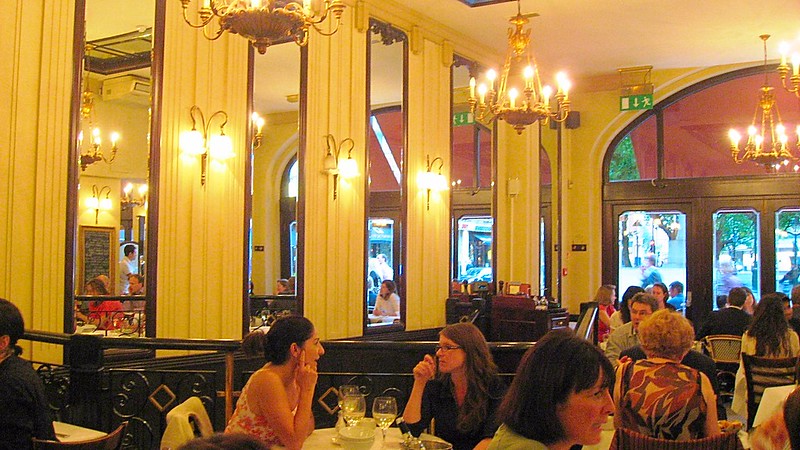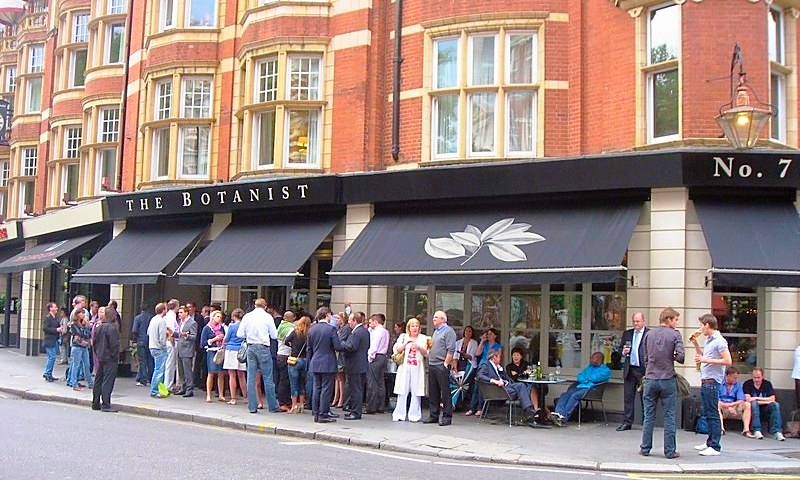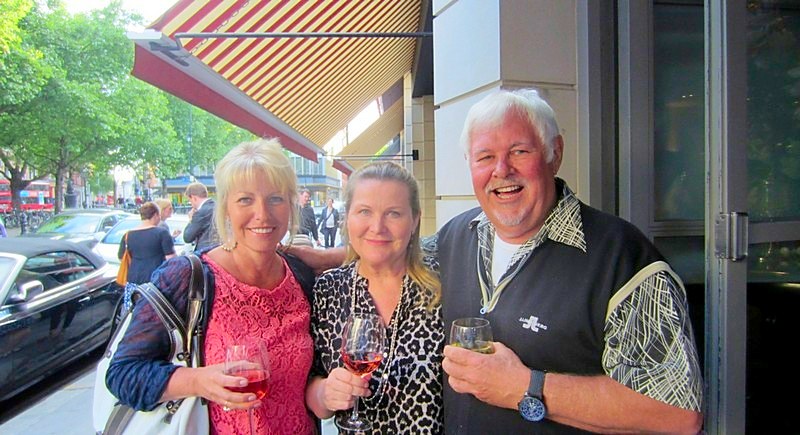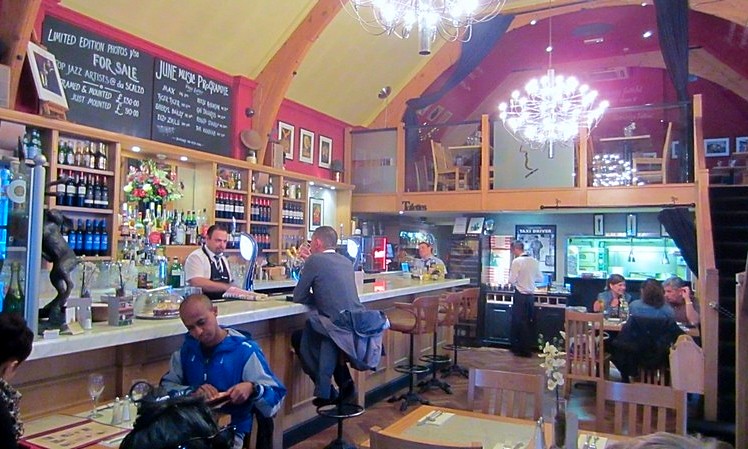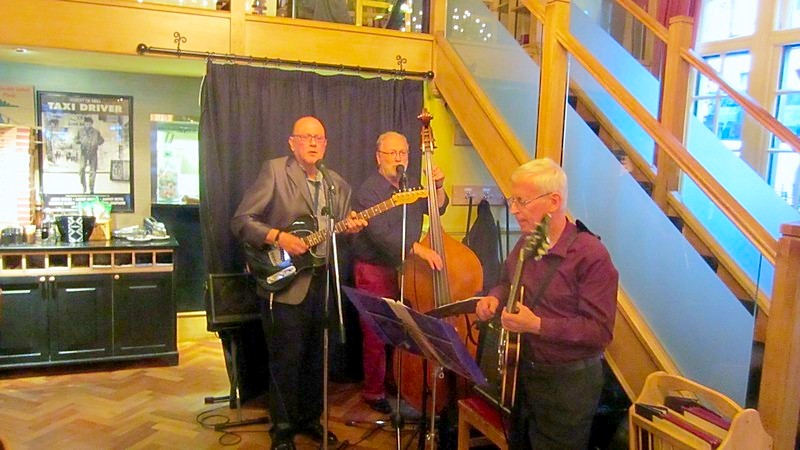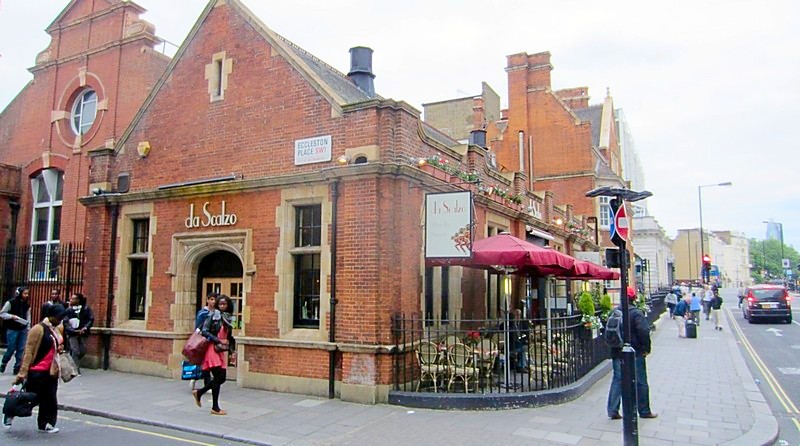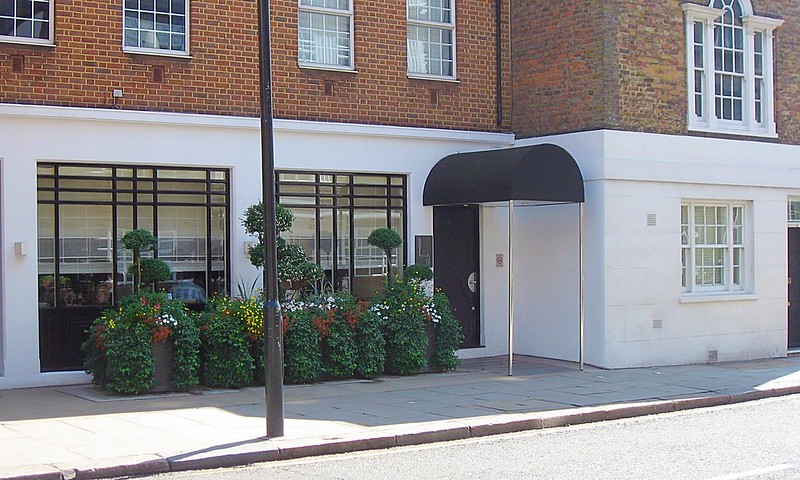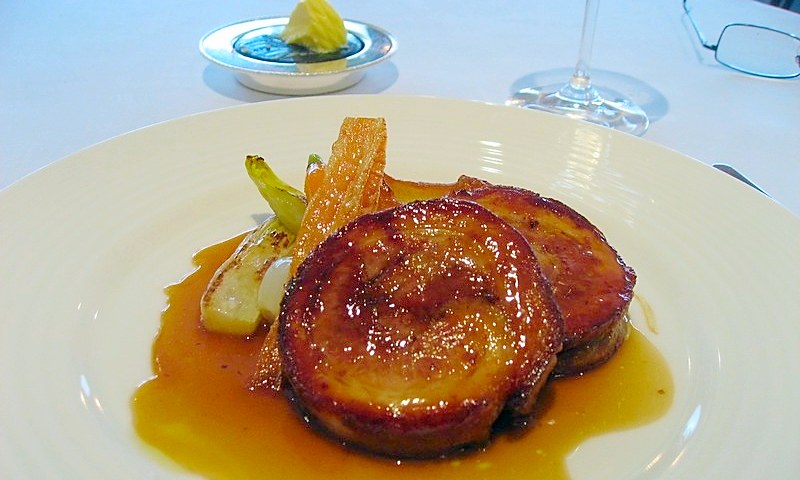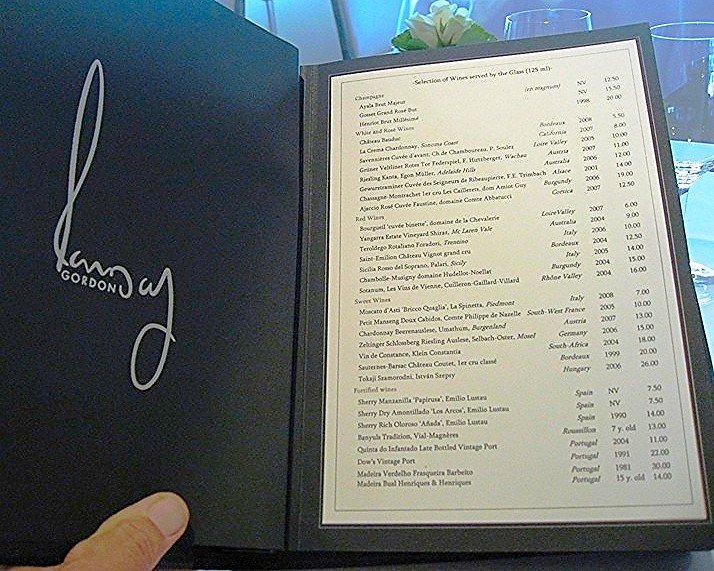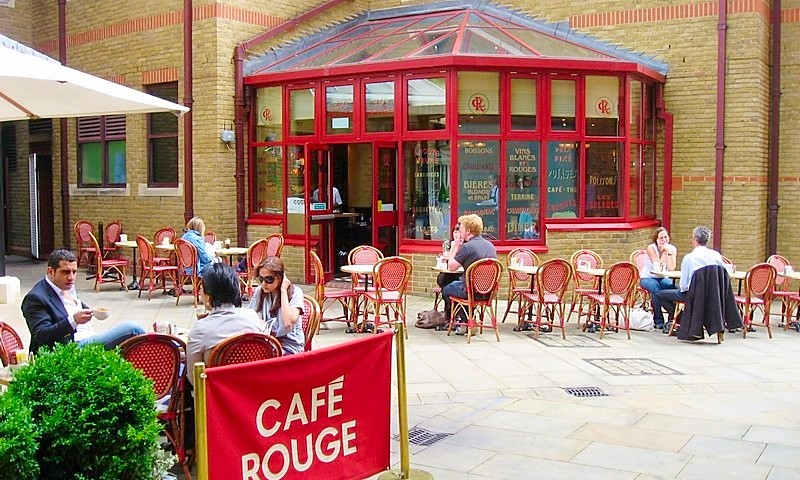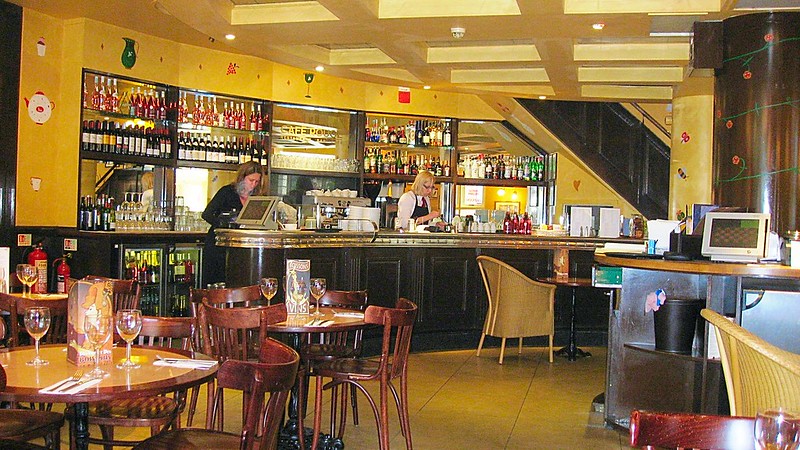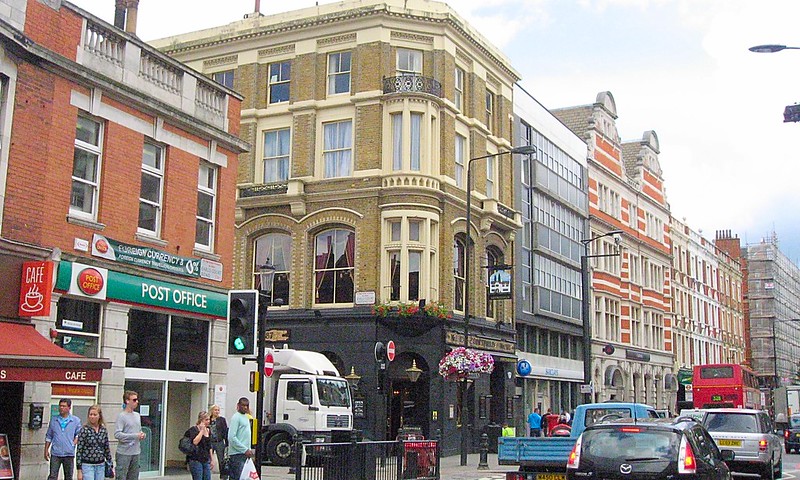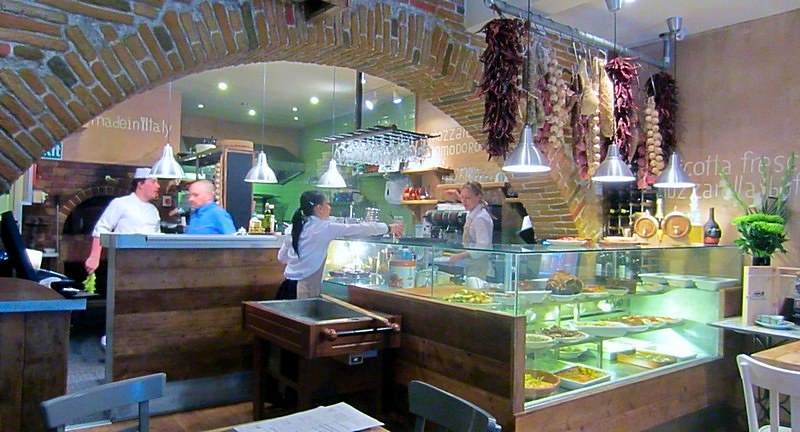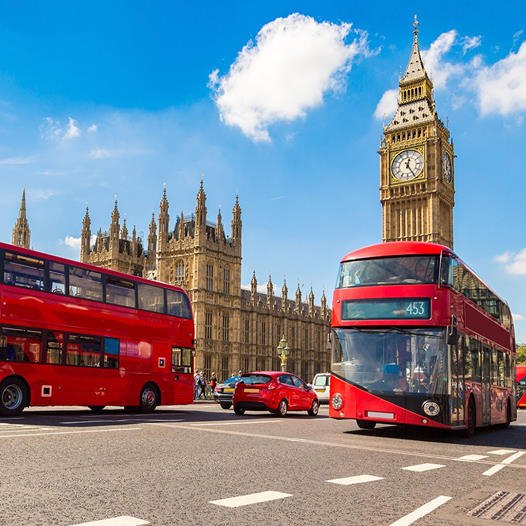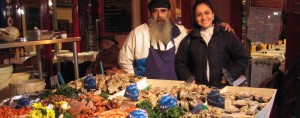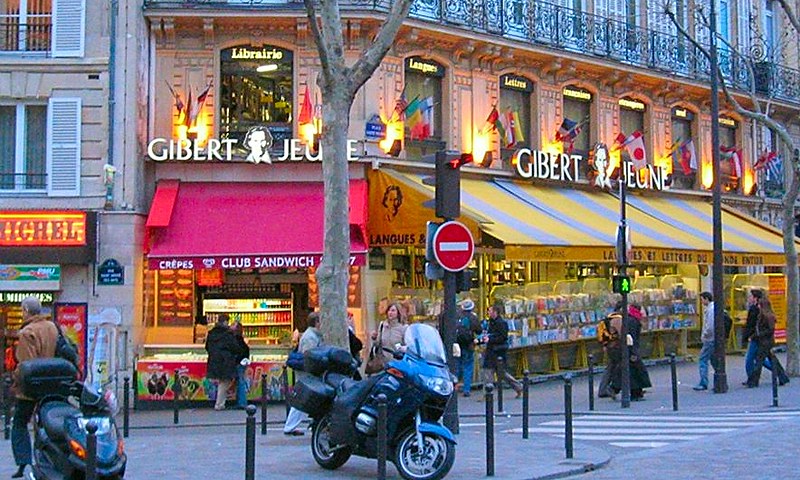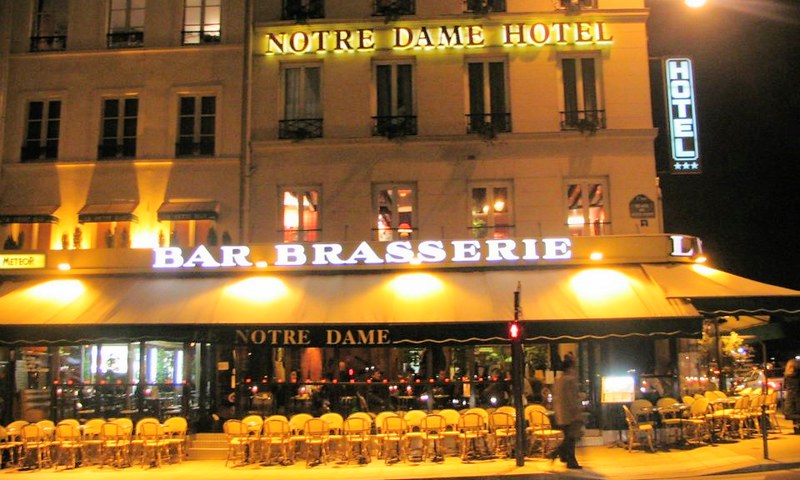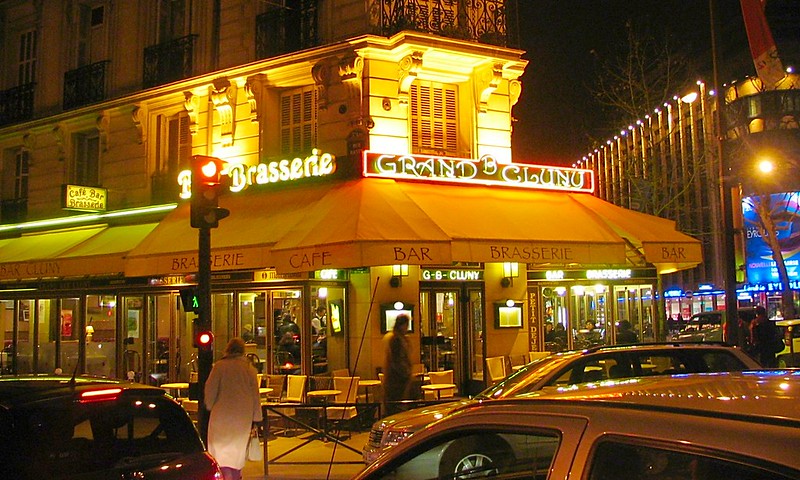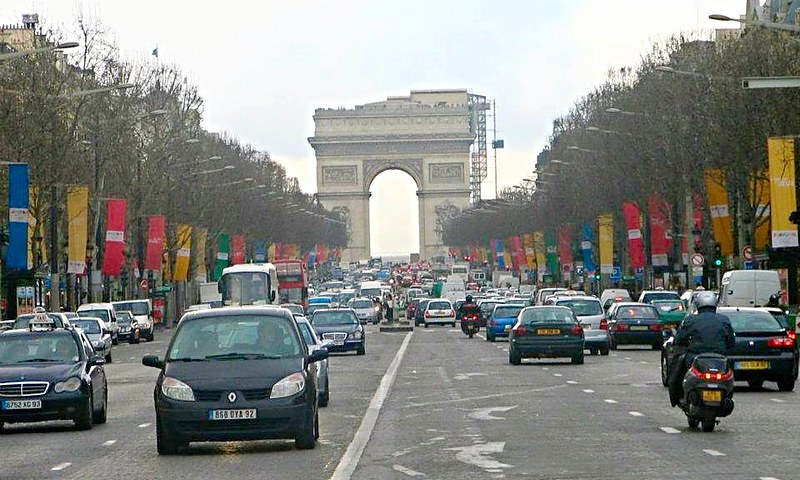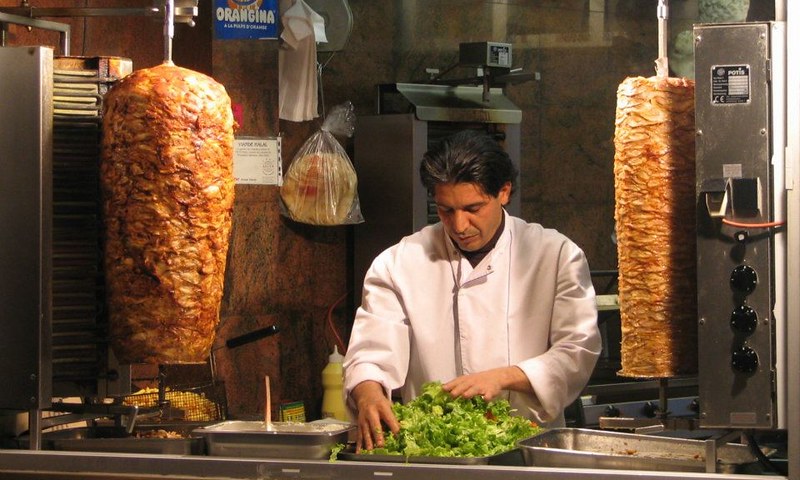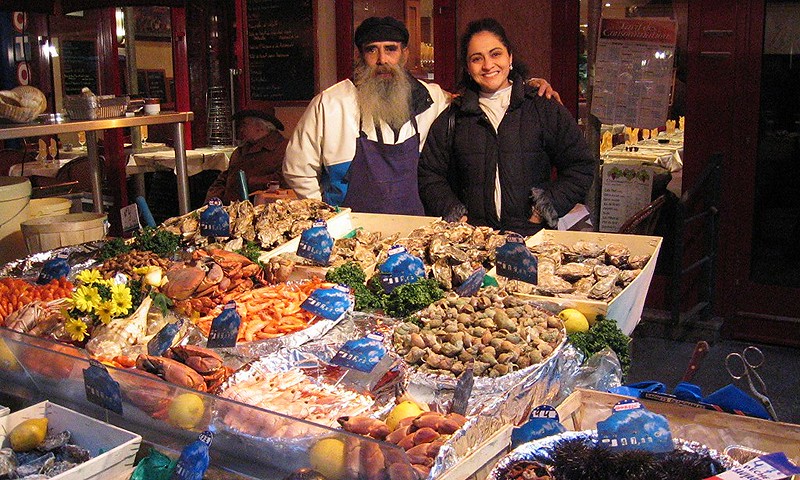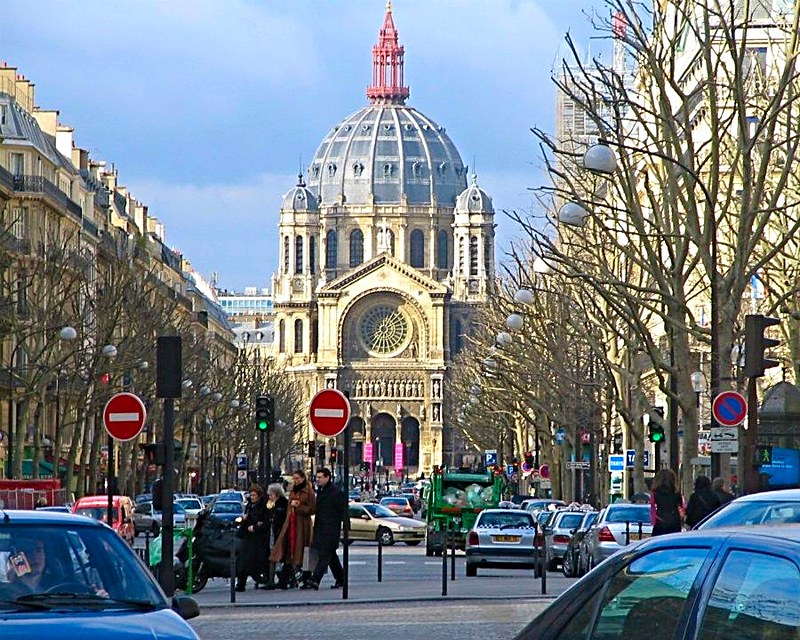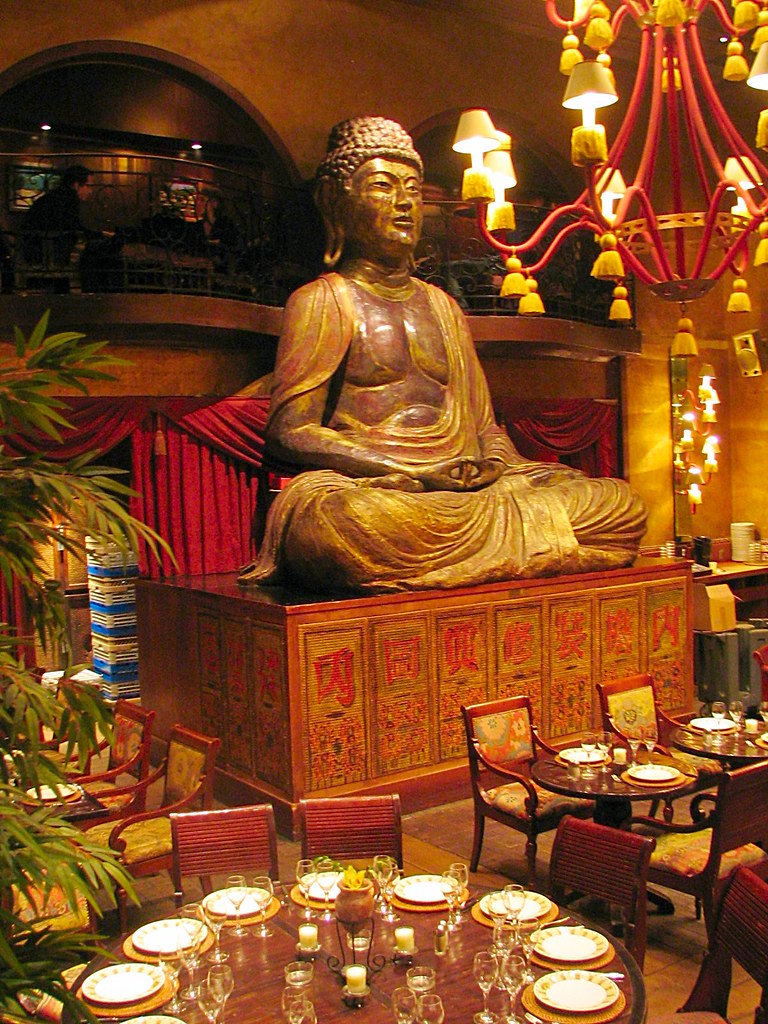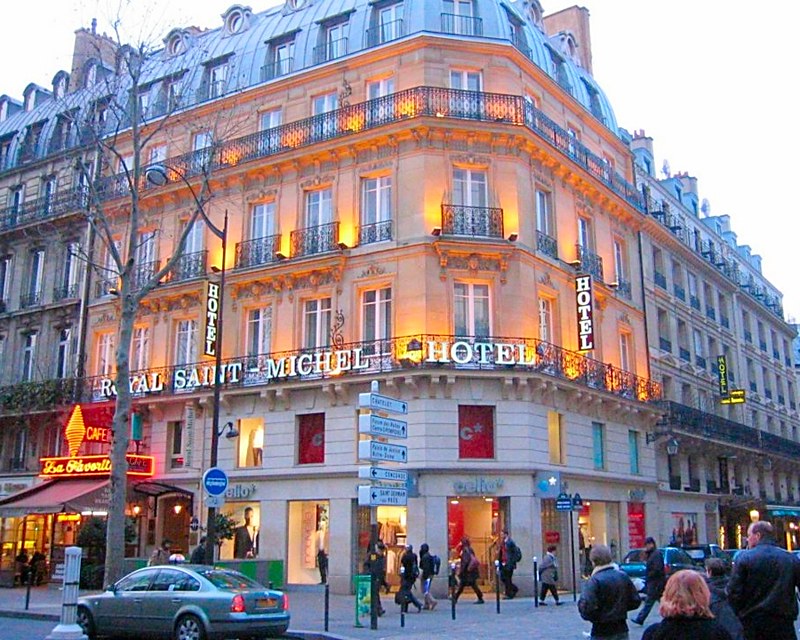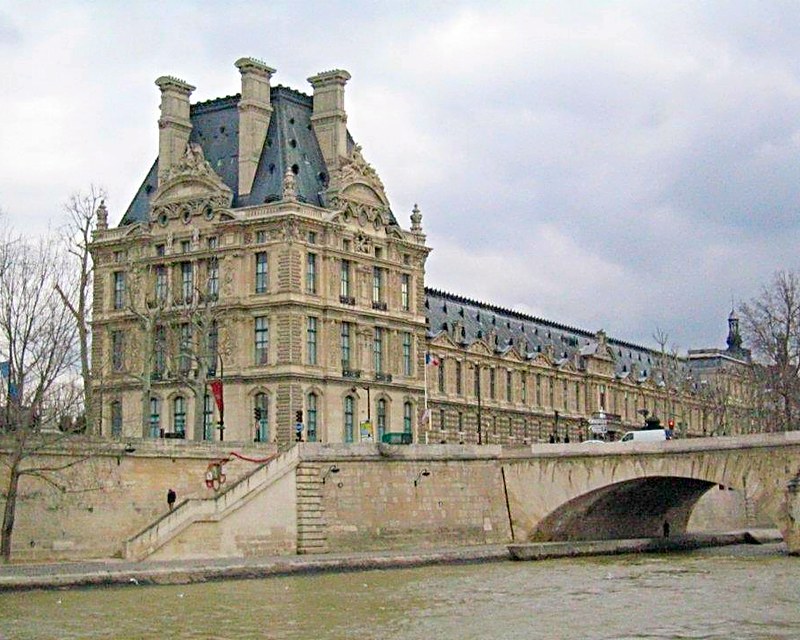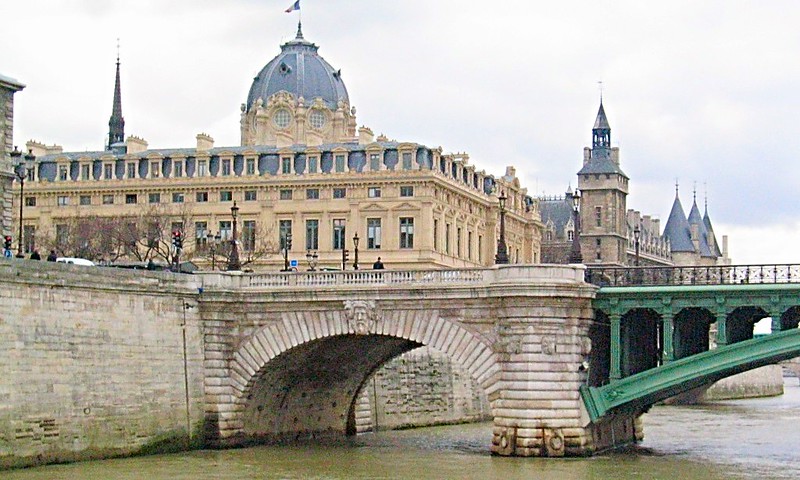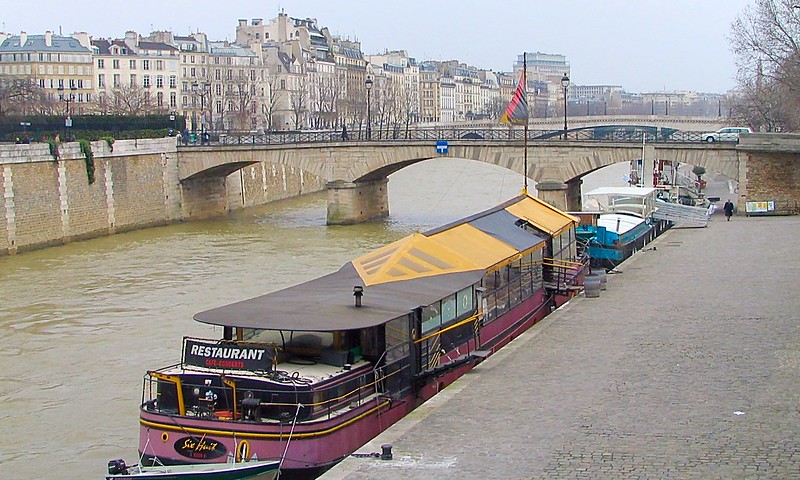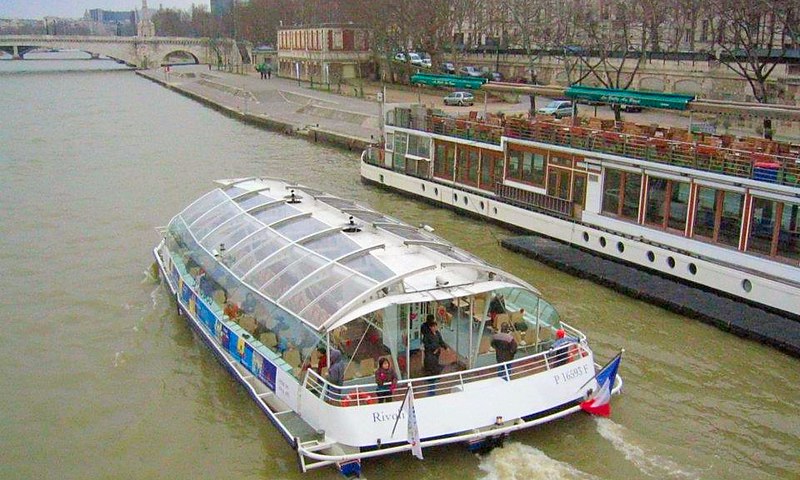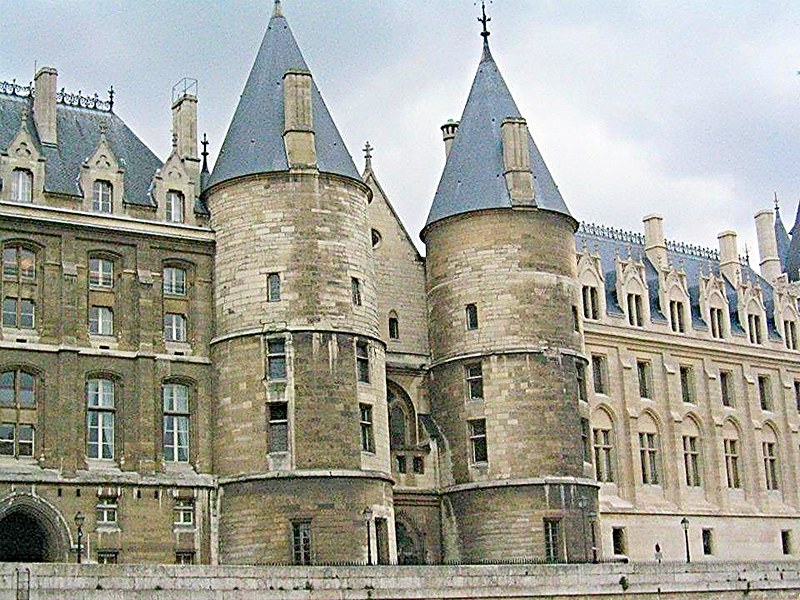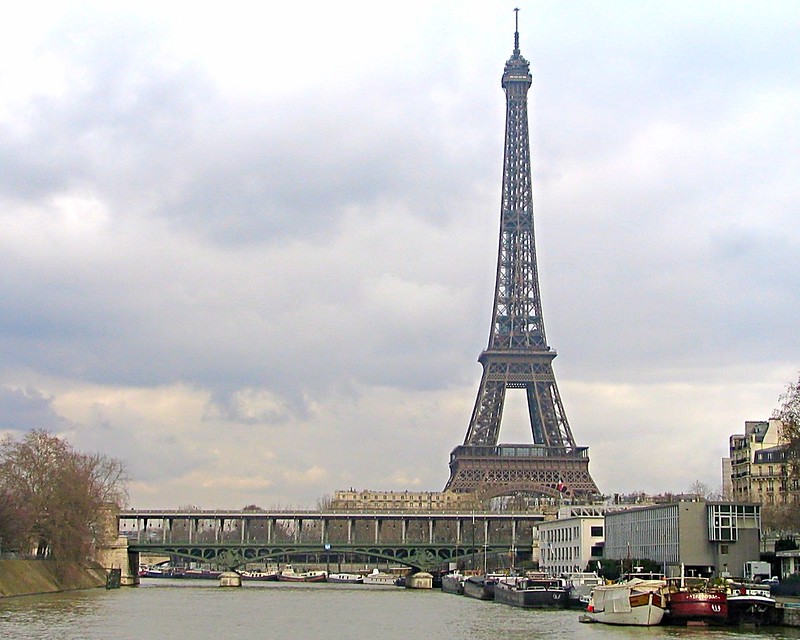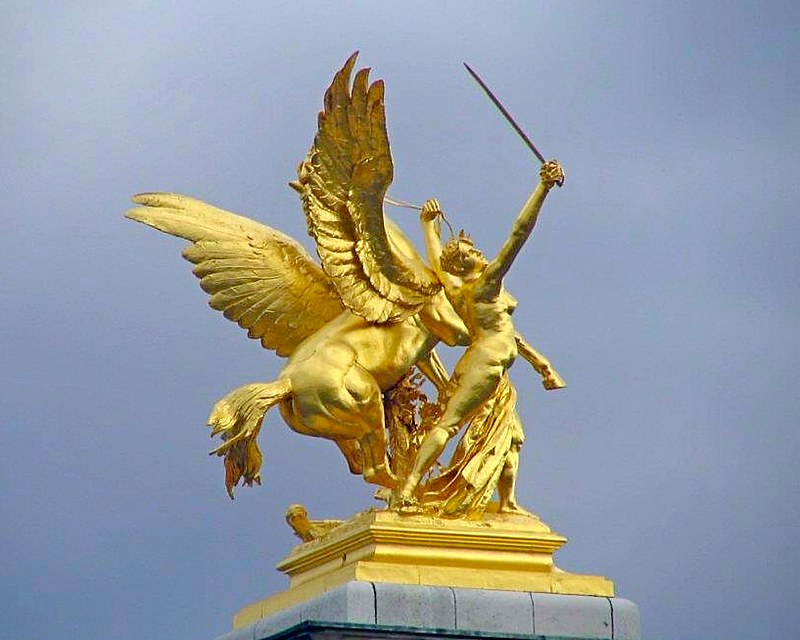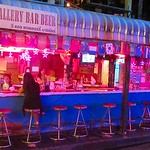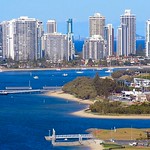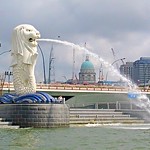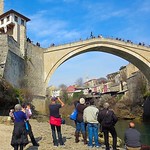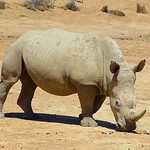Sugarloaf Rio De Janeirio
May 25, 2014 by David Herd

Copacabana beach
Sugarloaf Rio De Janeirio
Sugarloaf Rio De Janeirio dominates many photos taken on Copacabana beach. Ride the cable car to the top & see the breathtaking view of Rio.
The name “Sugarloaf“ was coined in the 16th century by the Portuguese during the heyday of sugar cane trade in Brazil. According to historian Vieira Fazenda, blocks of sugar were placed in conical molds made of clay to be transported on ships. The shape given by these molds was similar to the peak, hence the name.
holds 65 passengers
A glass-walled cable car (in popular Portuguese, bondinho – more properly called teleférico), capable of holding 65 passengers, runs along a 1400-metre route between the peaks of Pão de Açúcar and Morro da Urca every 20 minutes. The original cable car line was built in 1912 and rebuilt around 1972/1973 and in 2008.
Sugarloaf Rio De Janeirio from the cable car
The cable car leaves a ground station located at the base of the Babilônia hill, to the Urca hill and then to the Pão de Açúcar.
Sugarloaf Rio De Janeirio
You don’t have to take the cable car, if you can afford it grab a helicopter.
Copacabana in the background.
What a view from the top, from here Copacabana looks like standing room only.
Wedged between the mountains & sea.
160,000 people live in Copacabana and 44,000 or 27.5% of them are 60 years old or older. Many friends now tell me in 2017 Rio does not have the same appeal as 10 years ago, perhaps this is true however it will always remain as one of the most spectacular cities in the world.
Sugarloaf Rio De Janeirio
Copacabana covers an area of 7.84 km² which gives the borough a population density of 20,400 people per km². Residential buildings eleven to thirteen stories high built right next to each other dominate the borough. Houses and two-story buildings are rare.
Vermelha Beach
Praia Vermelha is the smallest city beach in Rio de Janeiro, and it lies in a sheltered cove between the 688 ft Morro da Urca and the 754 ft Morro da Babilonia. It’s here where you catch the 2 stage cable car up to Morra da Urca and then on to the 1300 ft Sugar Loaf Mountain (Pão de Açúcar) out in the bay.
Vidigal favela
You can also see Vidigal favela at the north end of Ipanema. Vidigal overlooks Ipanema Beach and Ilhas Cagarras. It is located in the South Zone of Rio, between Leblon and São Conrado neighborhoods. The neighborhood is a place of hardship for the residents. They have the problem of drug wars, and when fighting occurs, sometimes they must stay in their homes for days. In November 2011, Vidigal and its neighboring community, Rocinha were pacified by the Pacifying Police Unit.
Downtown Rio from Sugarloaf mountain
Rio de Janeiro is one of the most visited cities in the southern hemisphere and is known for its natural settings, carnival celebrations, samba, Bossa Nova, balneario beaches such as Barra da Tijuca, Copacabana, Ipanema, and Leblon. Some of the most famous landmarks in addition to the beaches include the giant statue of Christ the Redeemer (“Cristo Redentor”) atop Corcovado mountain, named one of the New Seven Wonders of the World; Sugarloaf mountain (Pão de Açúcar) with its cable car; the Sambódromo, a permanent grandstand-lined parade avenue which is used during Carnival; and Maracanã Stadium, one of the world’s largest football stadiums.
Botafogo
Botafogo is a beachfront neighborhood in Rio de Janeiro, Brazil. It is a mostly upper middle class and small commerce community, and is located between the hills of Mundo Novo, Dona Marta and São João.
Cagarras Islands
Uninhabited archipelago lying just 5km (3 miles) off legendary Ipanema Beach. The Cagarras Islands (Ilhas Cagarras in Portuguese) are a wildlife refuge for sea gulls and other marine birds, and you can frequently spot — or swim among — dolphins in the waters offshore.
Relax with a cool drink
A great place to relax and take in one of the world’s great panoramas. Sugarloaf Mountain Rio De Janeirio certainly ranks in the top 6 most spectacular vies I have ever seen.
Cristo Redentor from Sugarloaf mountain
Cristo Redentor in the distance. Christ the Redeemer is a statue of Jesus Christ in Rio de Janeiro, Brazil and was considered the largest Art Deco statue in the world from 1931 until 2010 when it was topped by the Christ the King statue in Poland.
I met two lovely Scandinavians on Sugarloaf mountain
I met two lovely Scandinavians on the mountain, & being such a nice guy naturally I invited them to dinner that night.
New Years Eve 2007
The crowd is building on Copacabana beach up to celebrate New Years Eve with Sugarloaf Mountain dominating the skyline.
Thanks for visiting my Sugarloaf mountain photo blog, you gotta love Rio. 🙂
It has been about 7 years sine I was in Rio de Janeiro, hopefully I will visit again in 2018.
For a great room rate in Rio just book through THIS LINK.
What a wonderful World David Attenborough - Wonderful World - BBC - Full HD 1080p
Brazilians don’t need a visa to visit Thailand. Please check out my webcam.
Pattaya Beach live webcam
Click bottom right hand corner for full screen.
Click here for another great Rio post
- Lyme Regis Jurassic coast
Counter only started June 16 2020.
This gallery contains 4 photos
